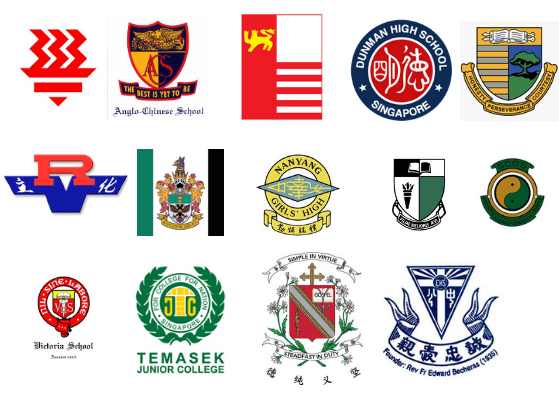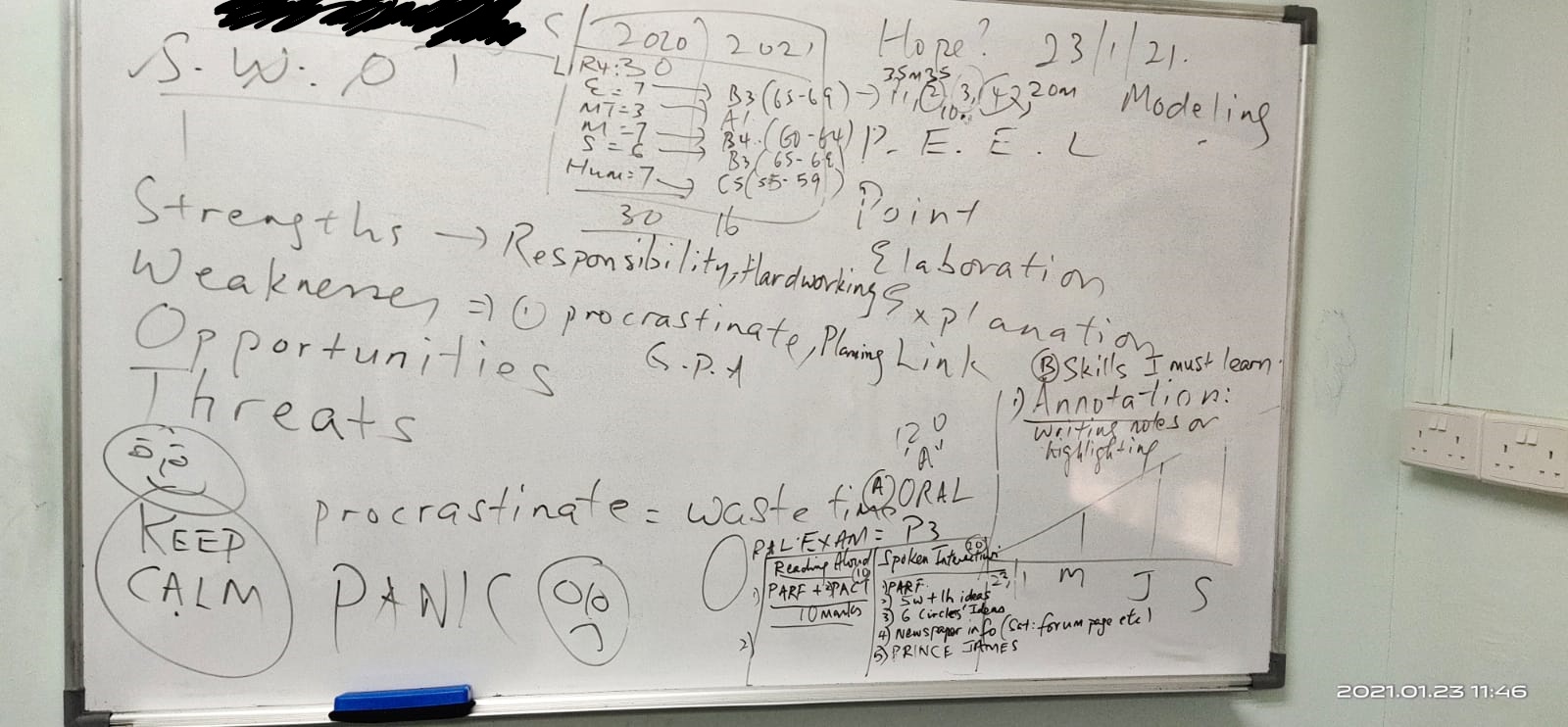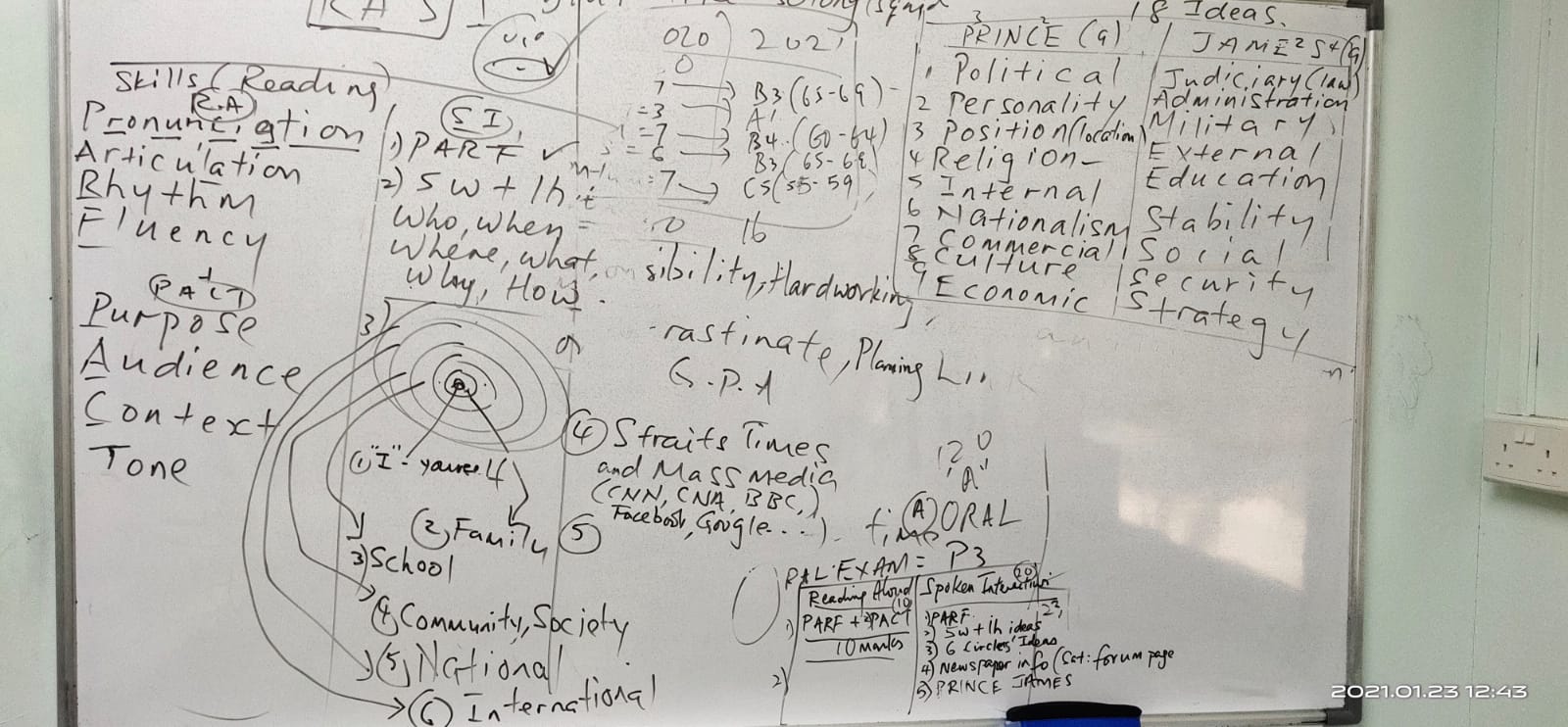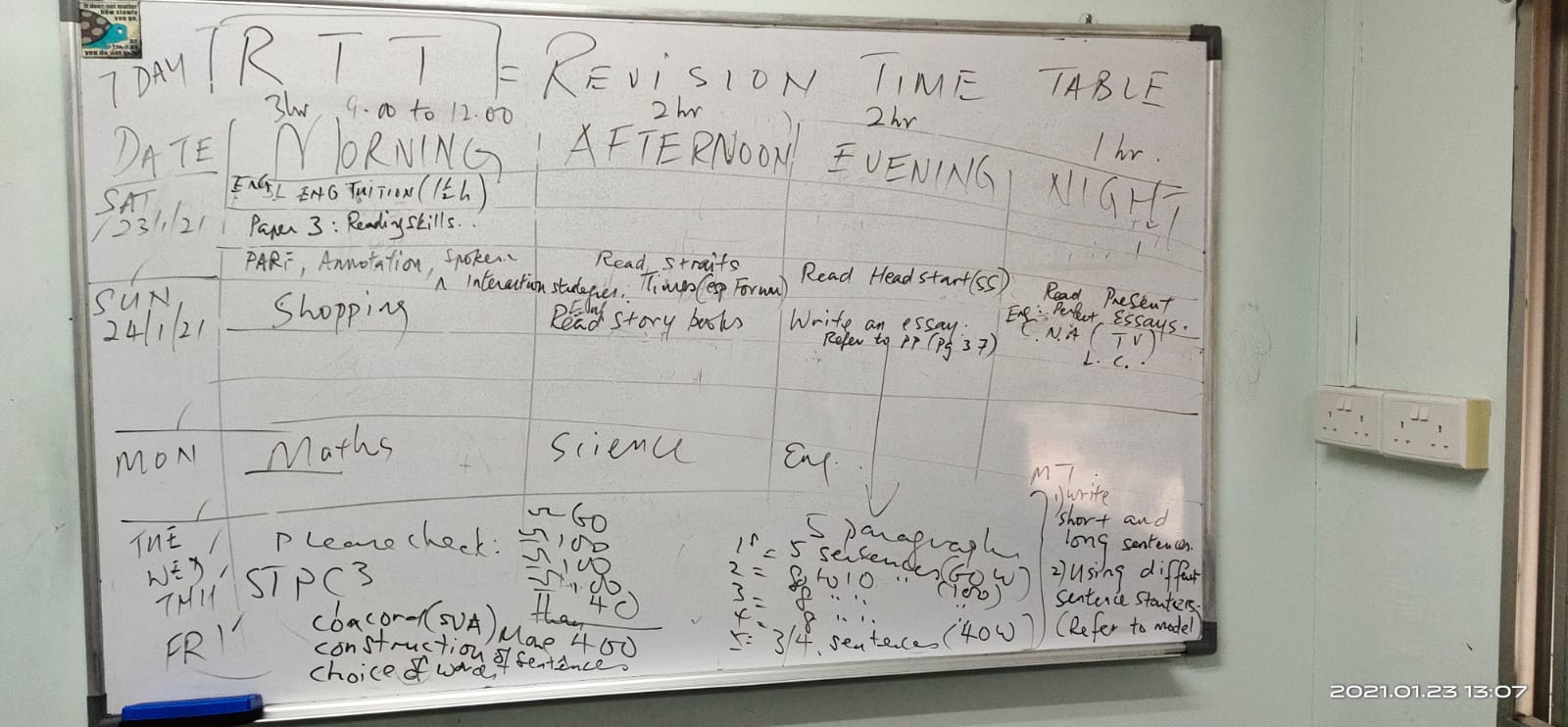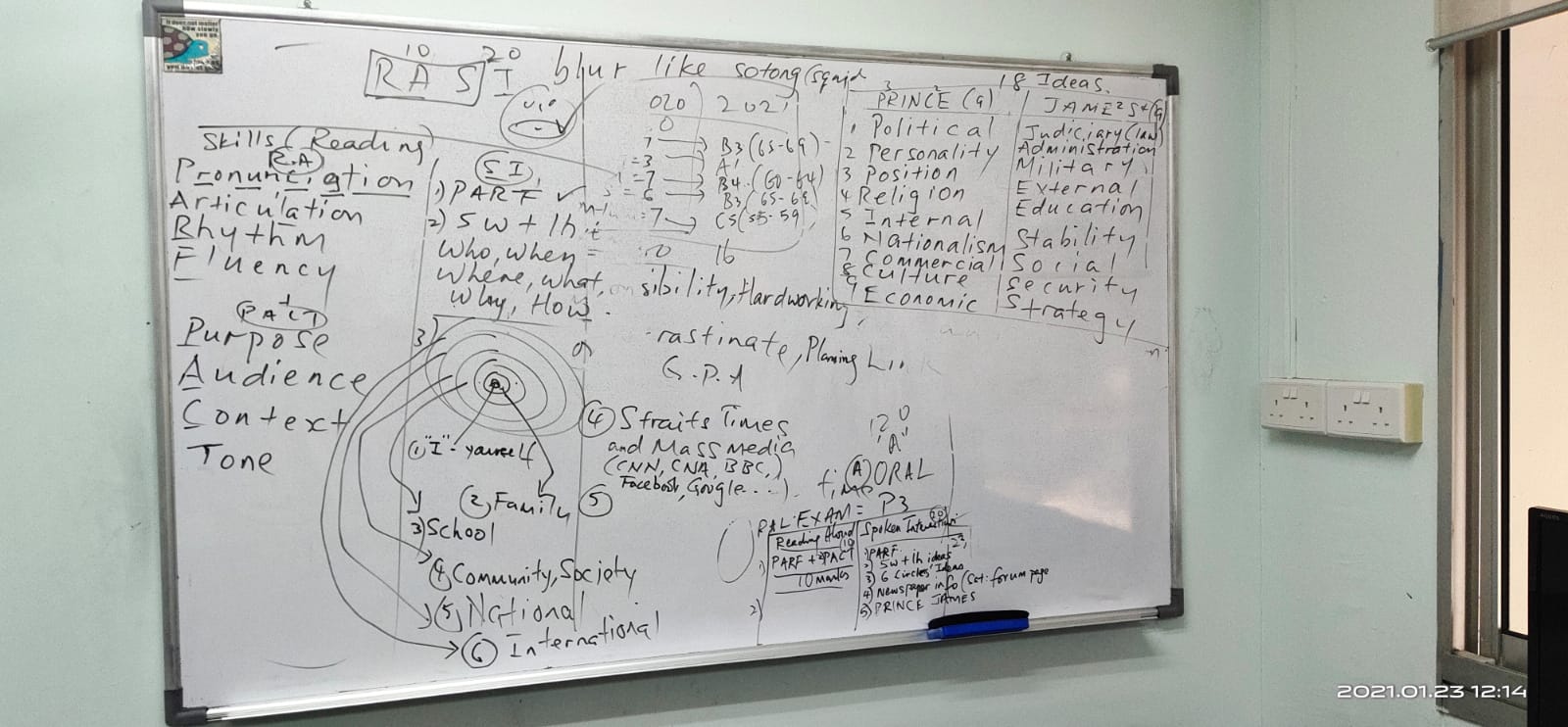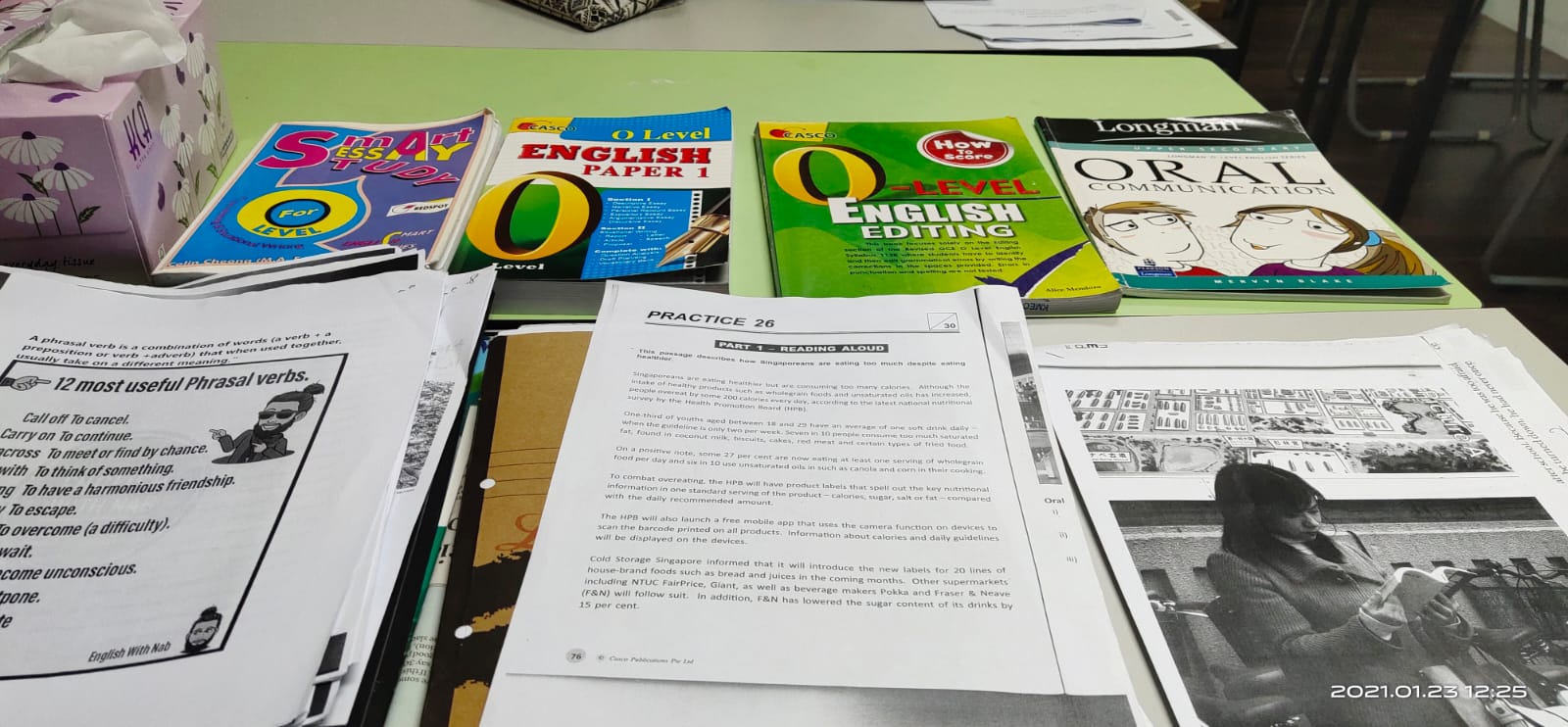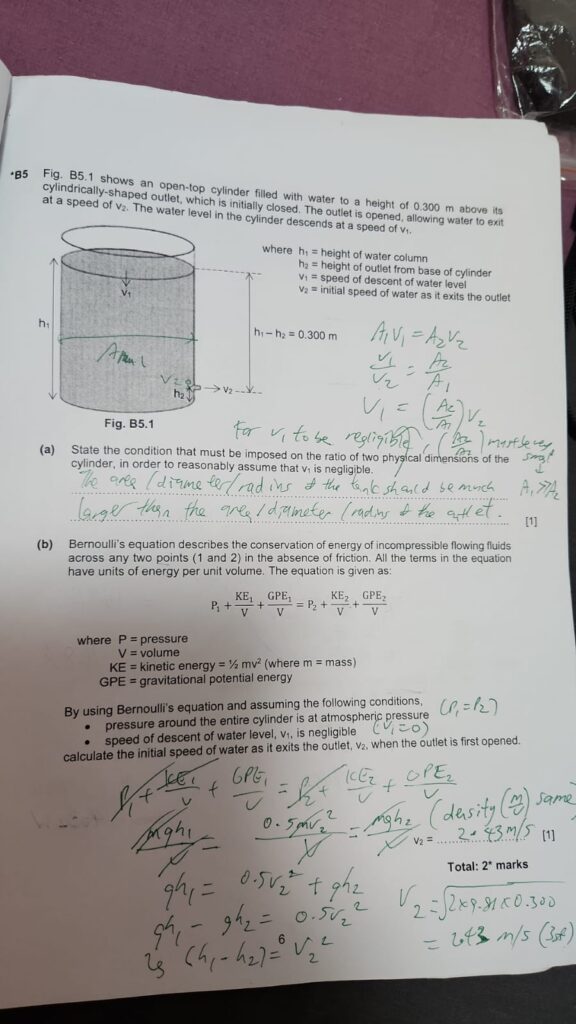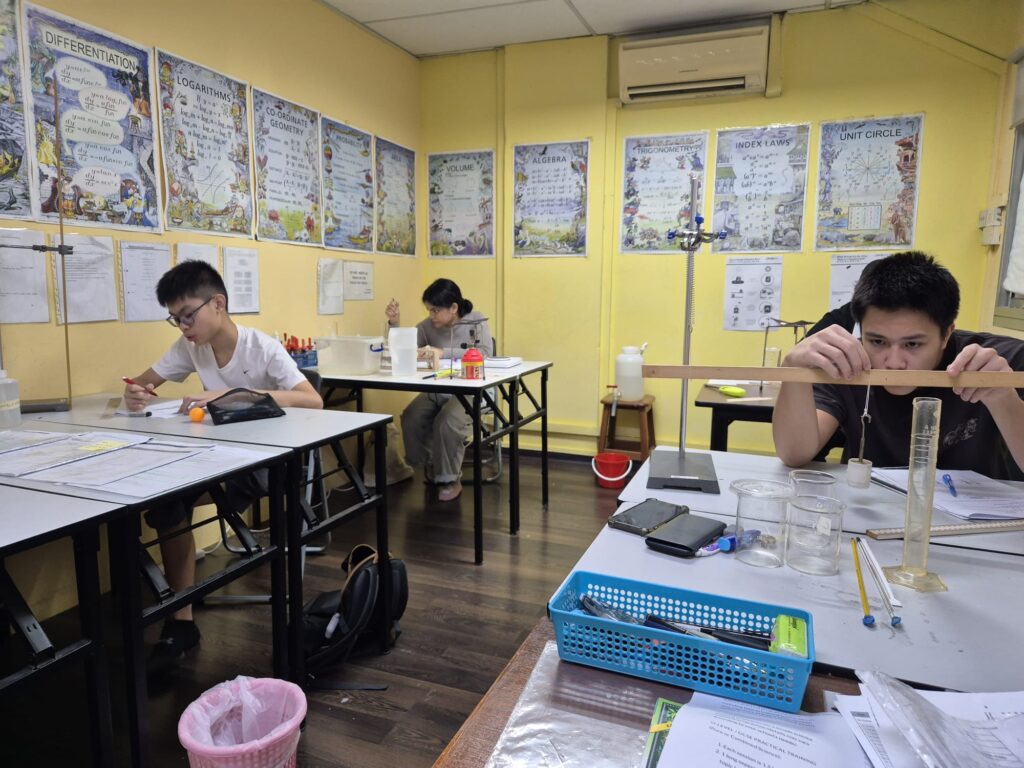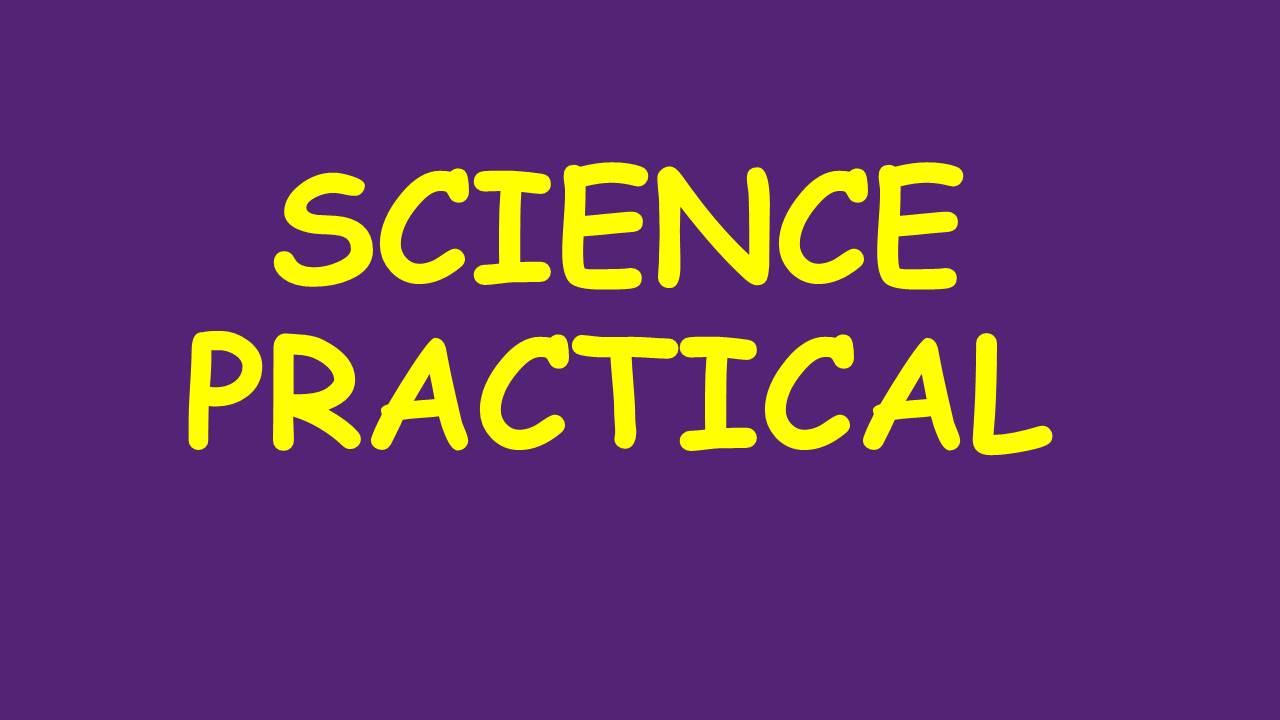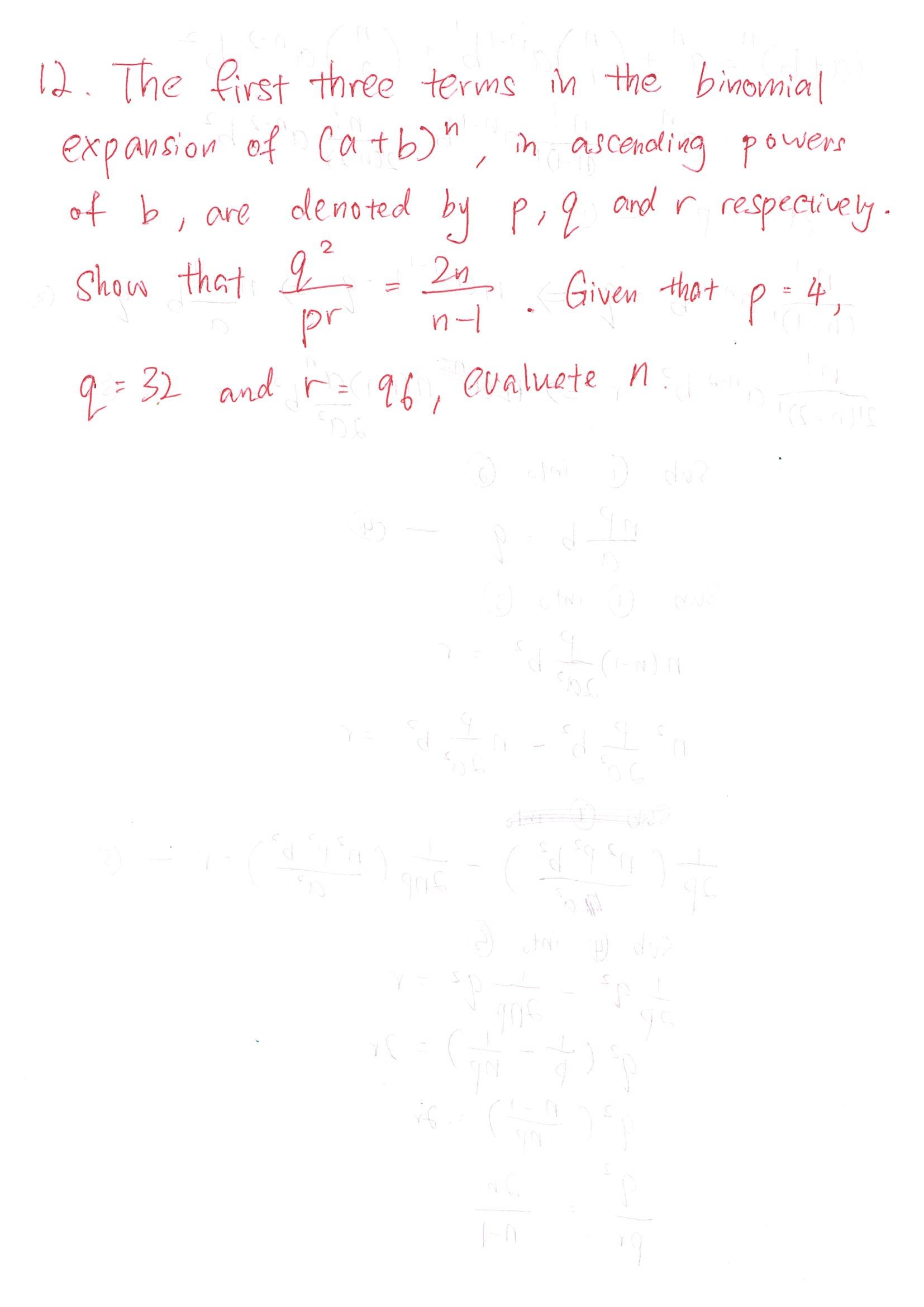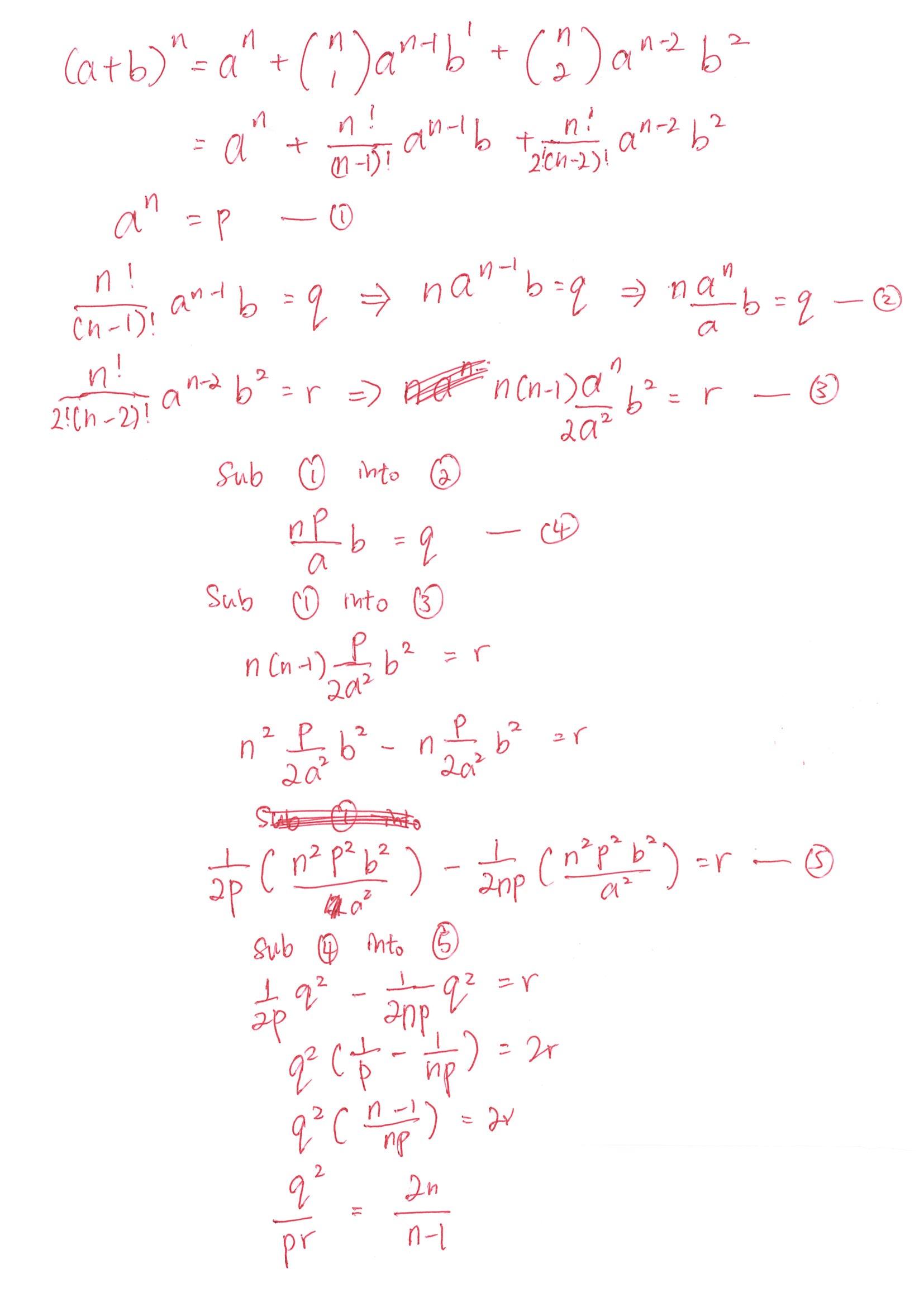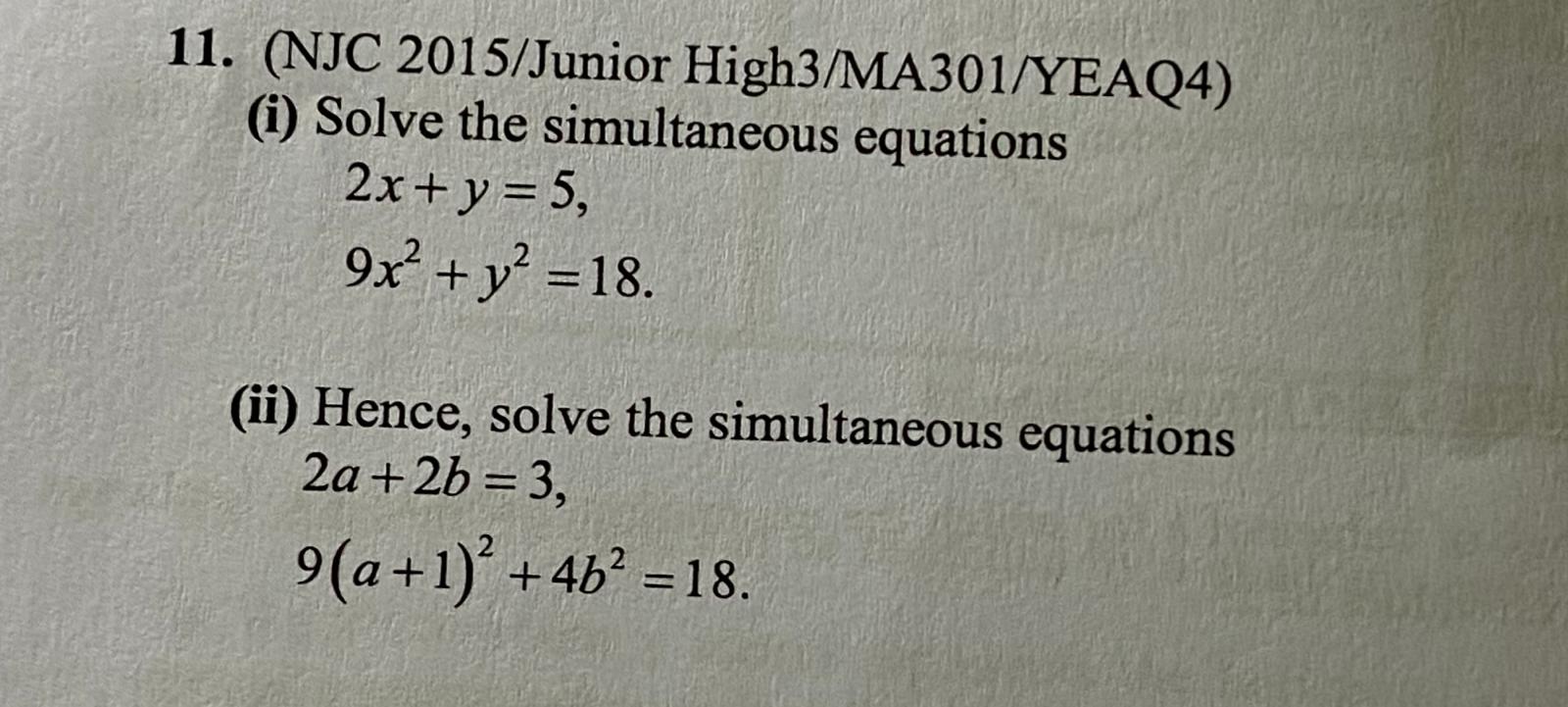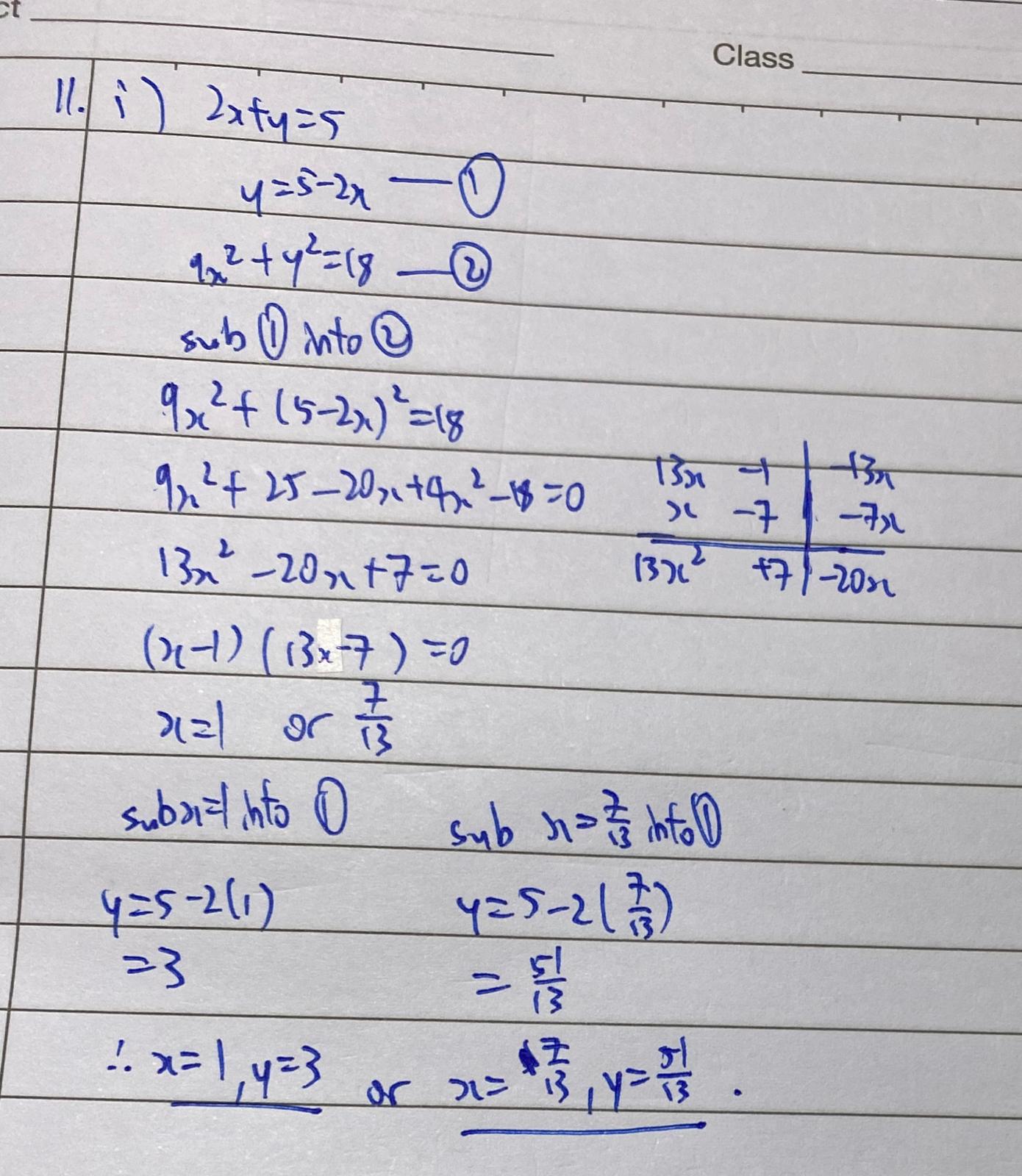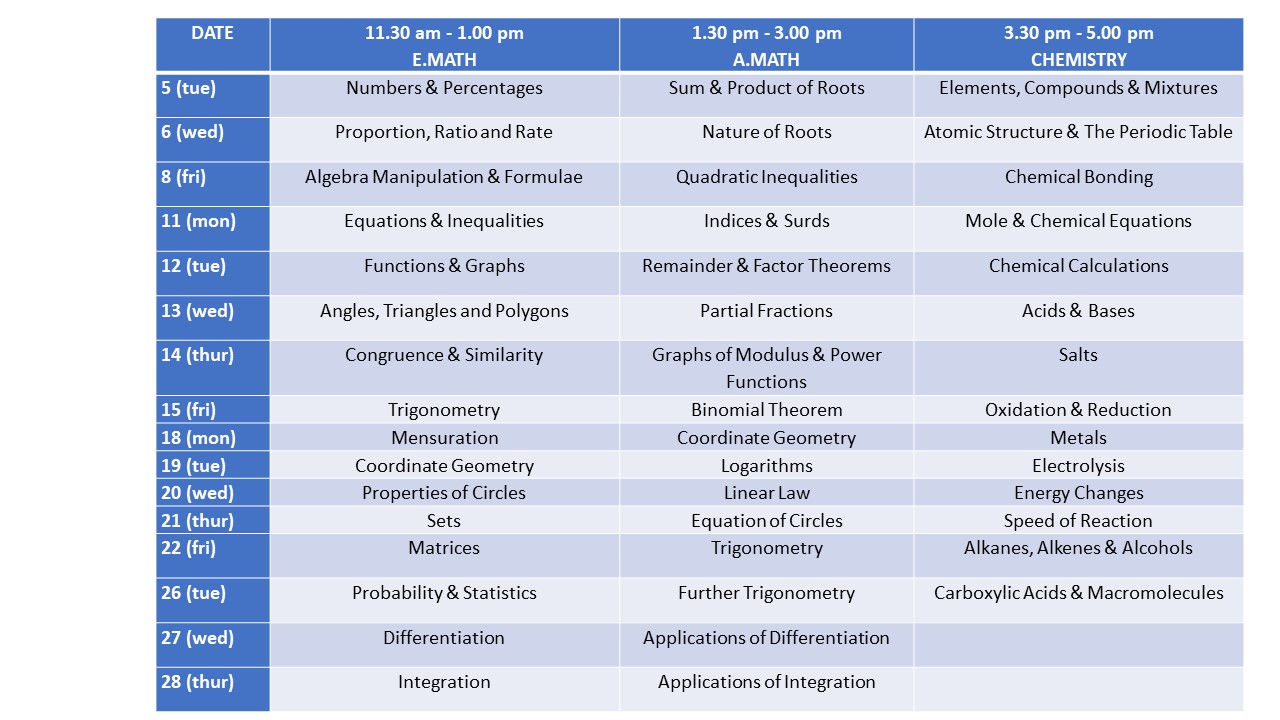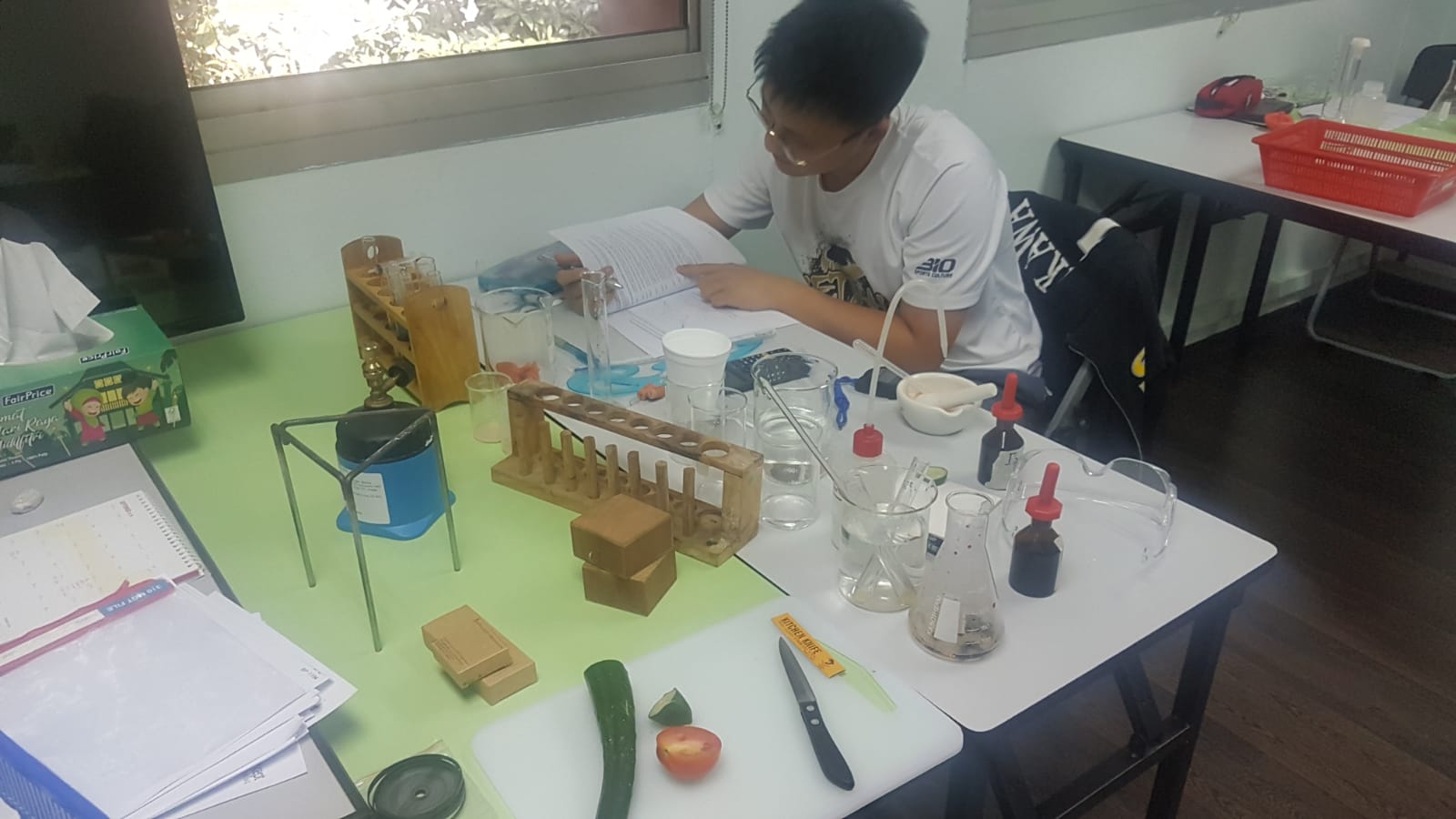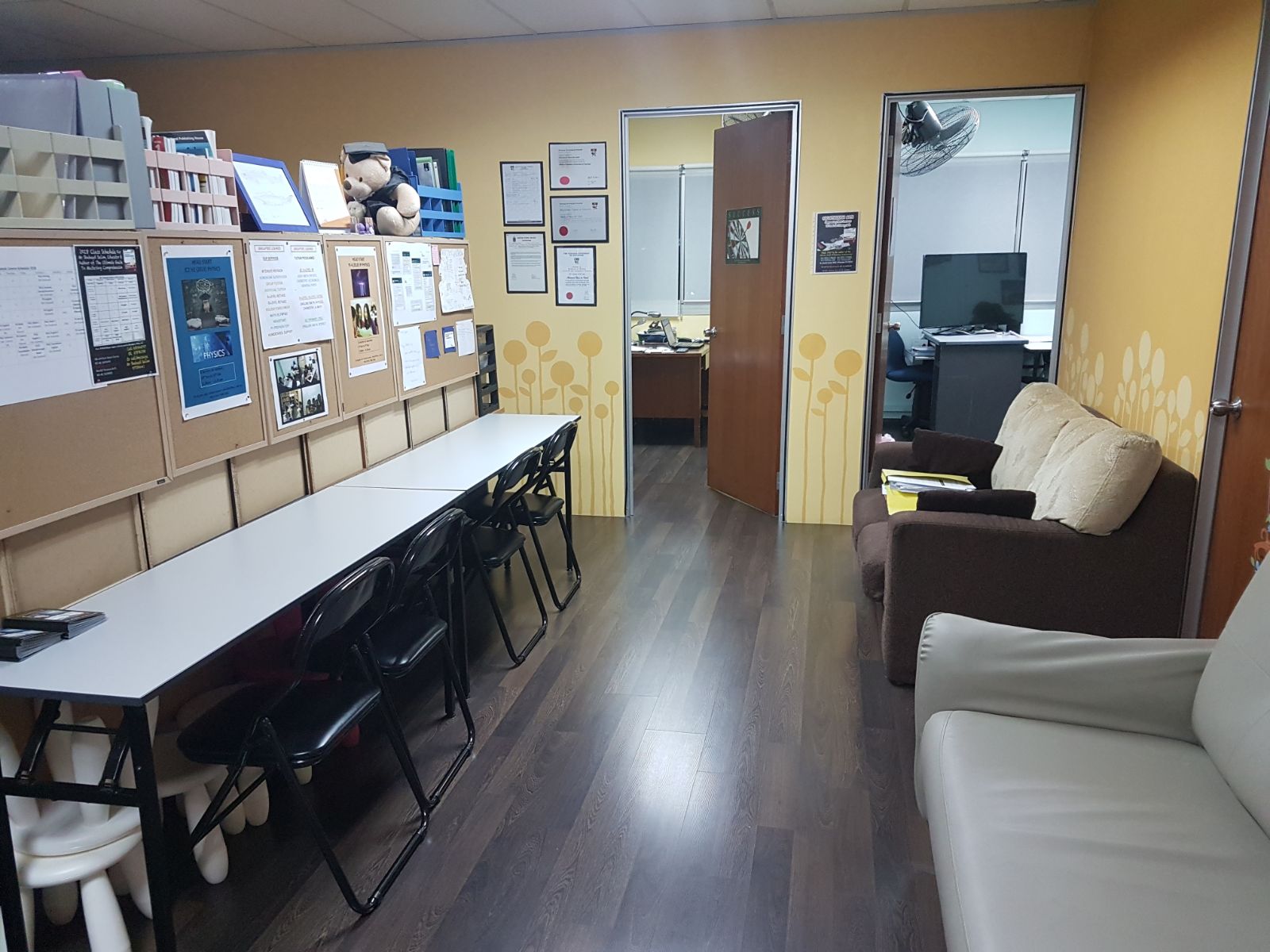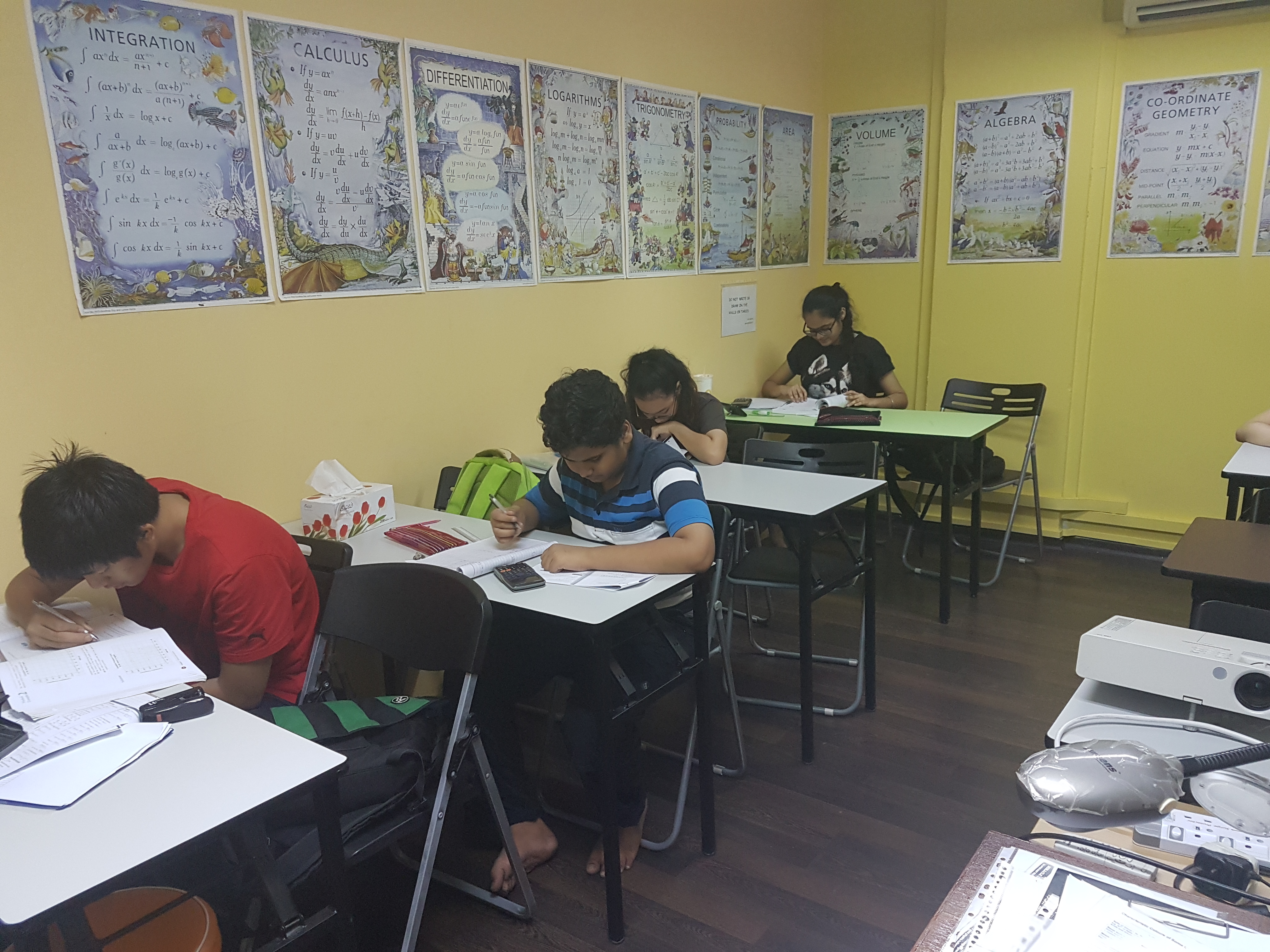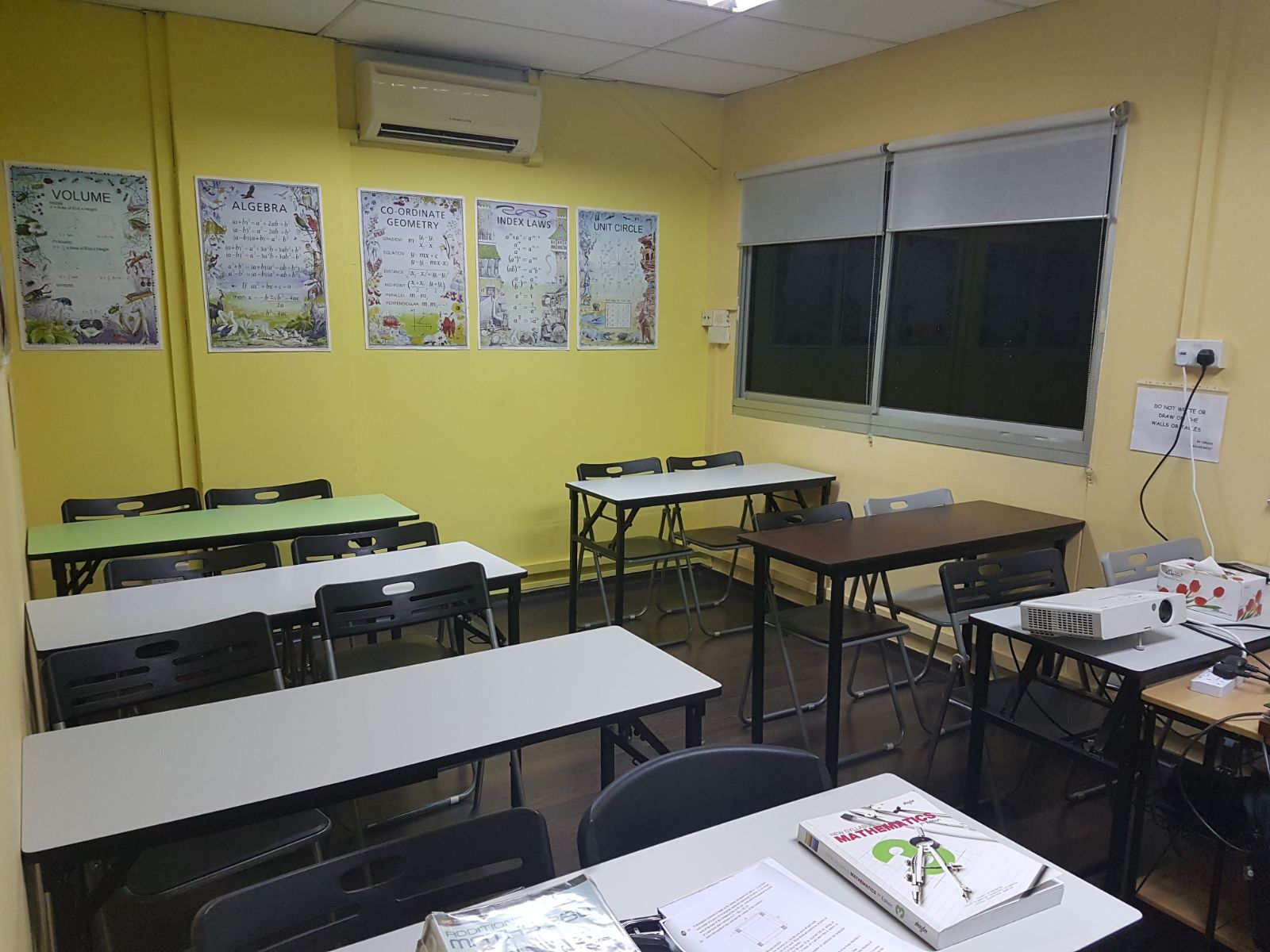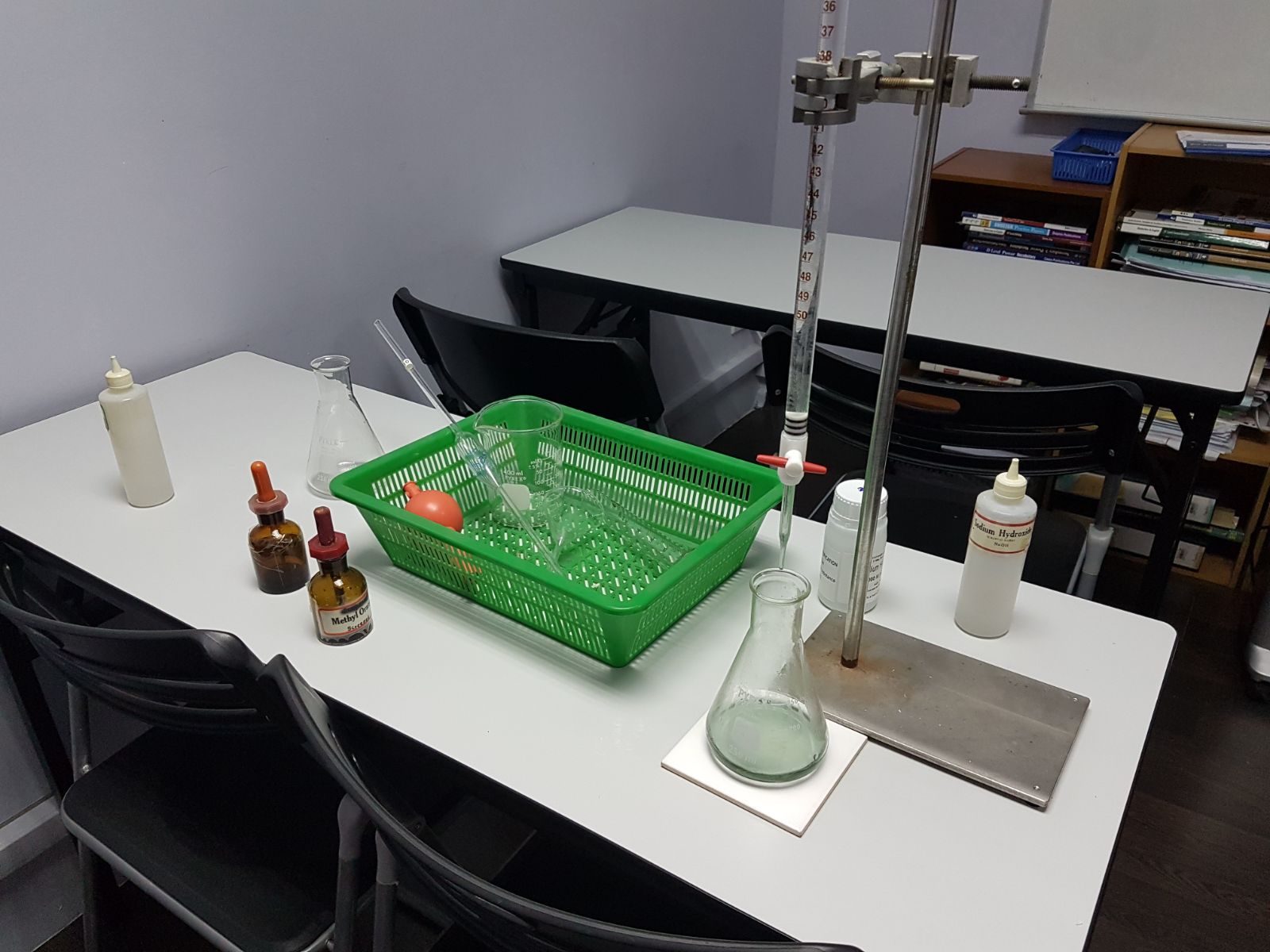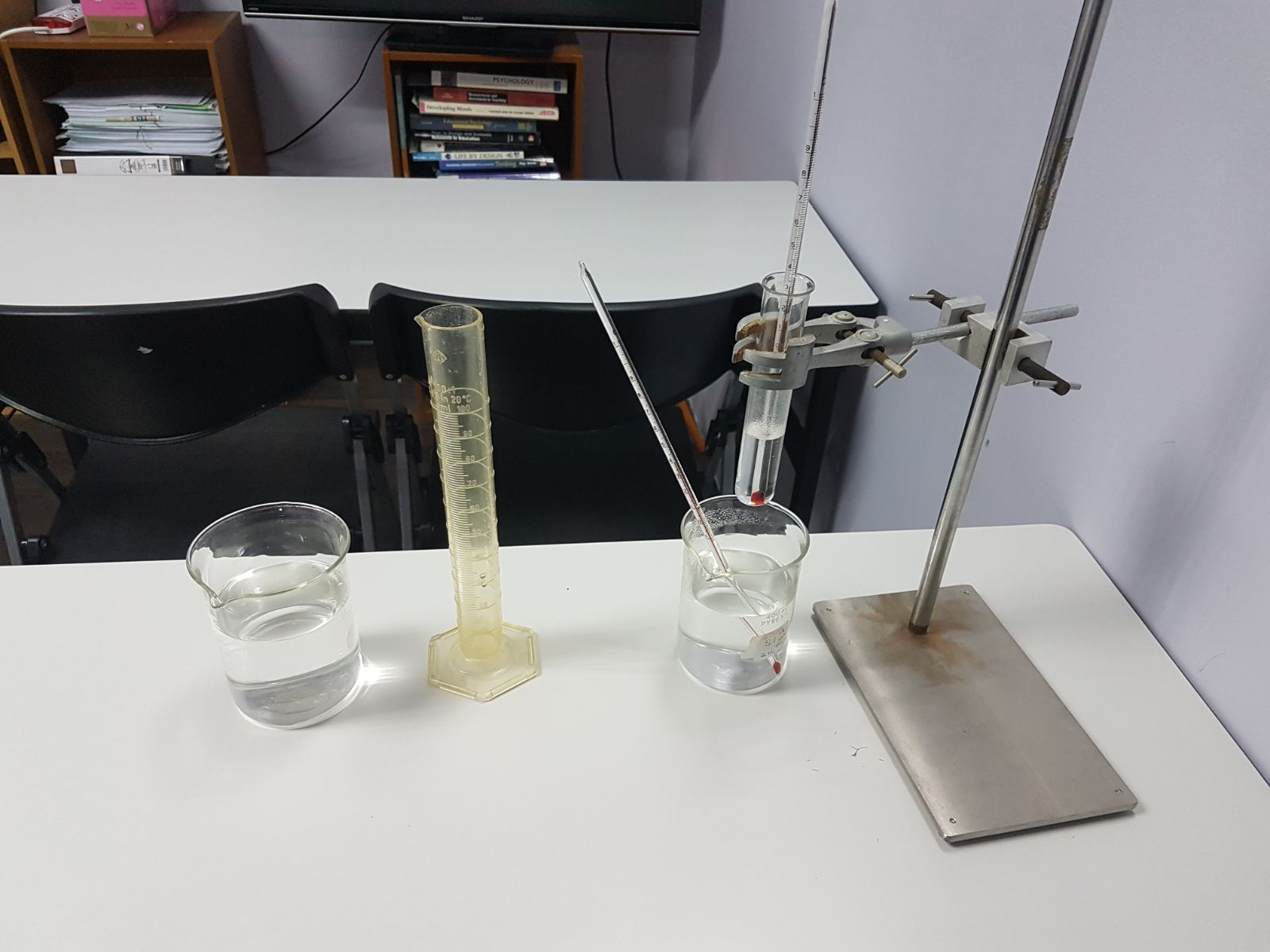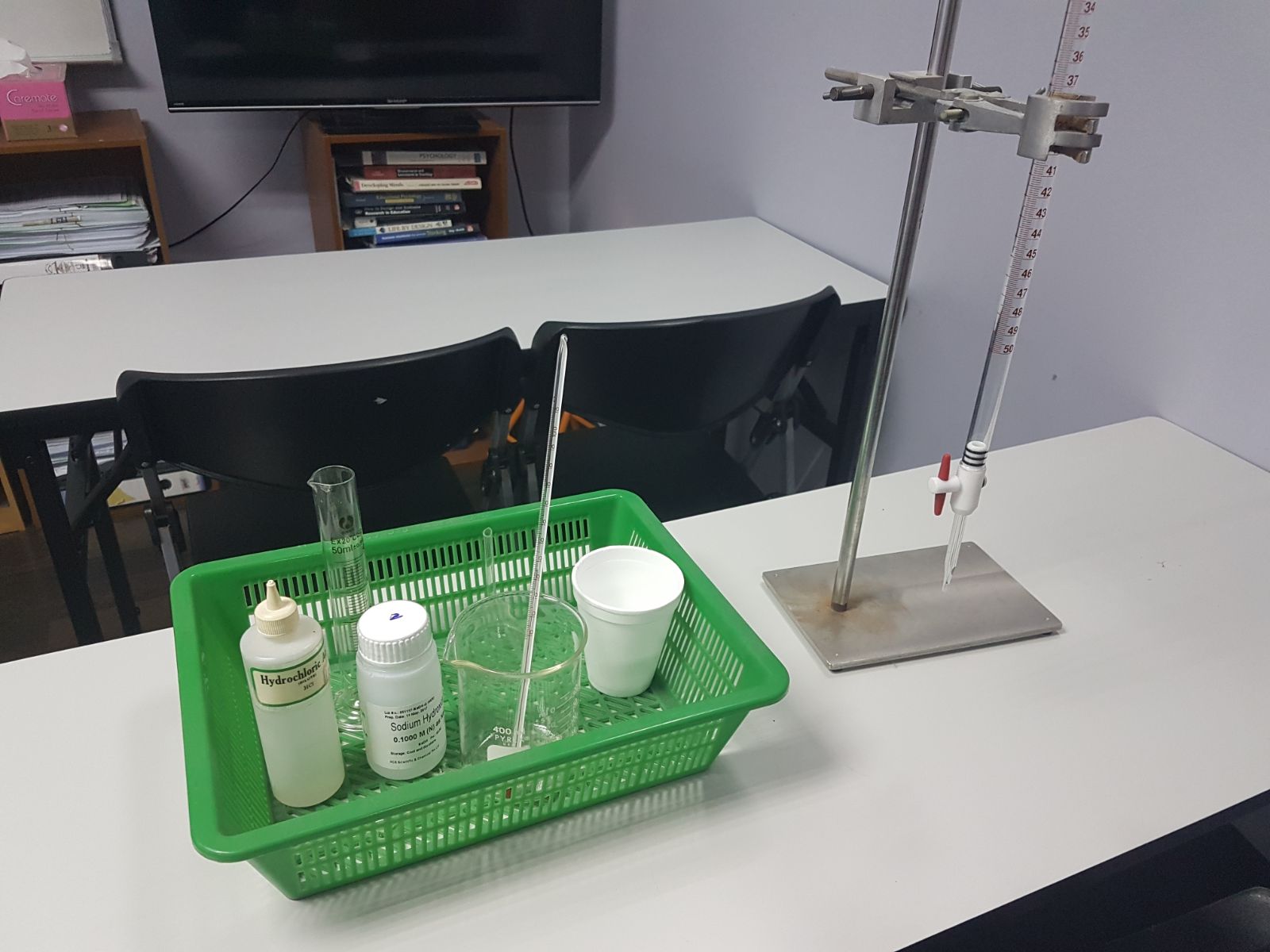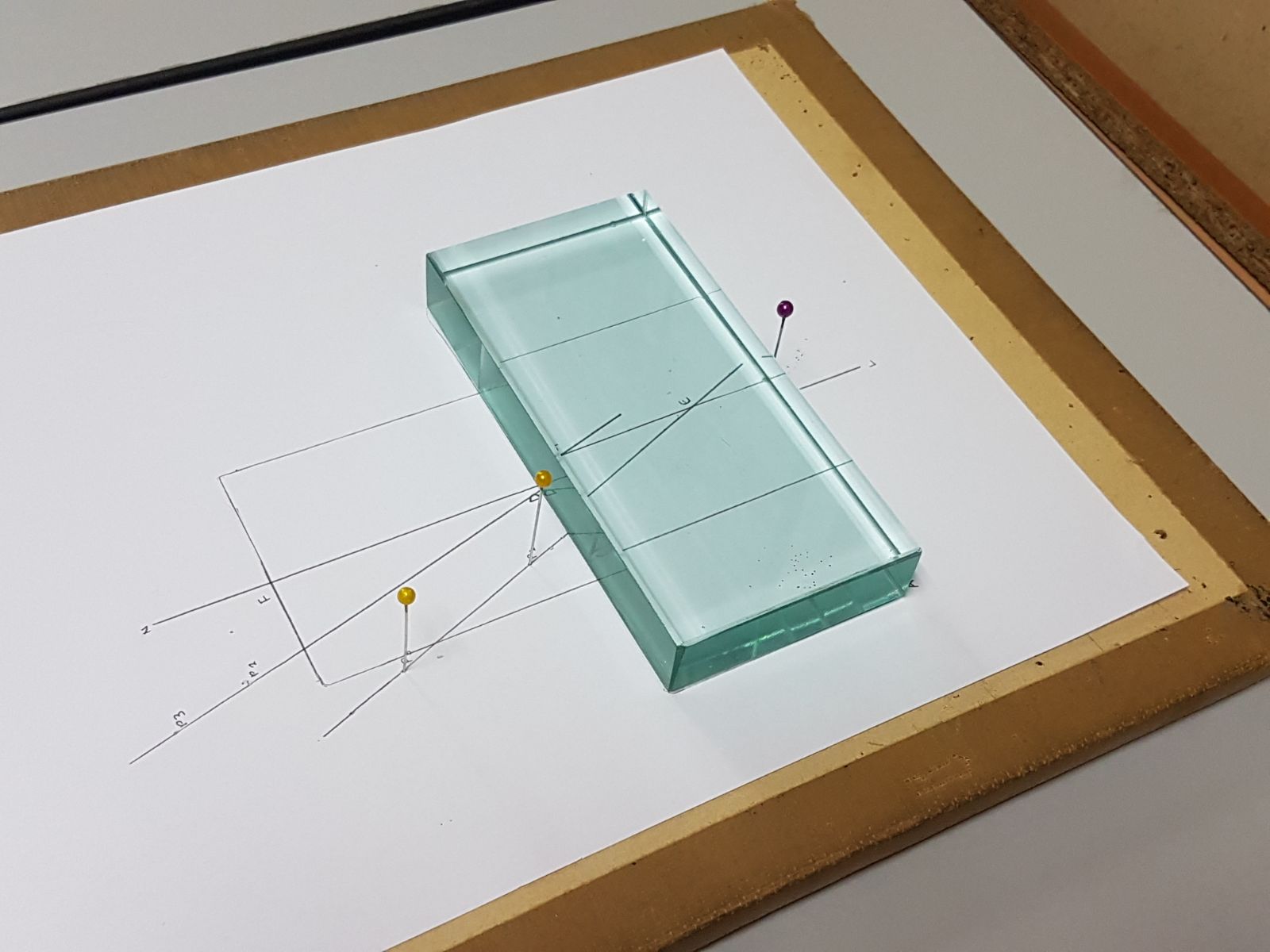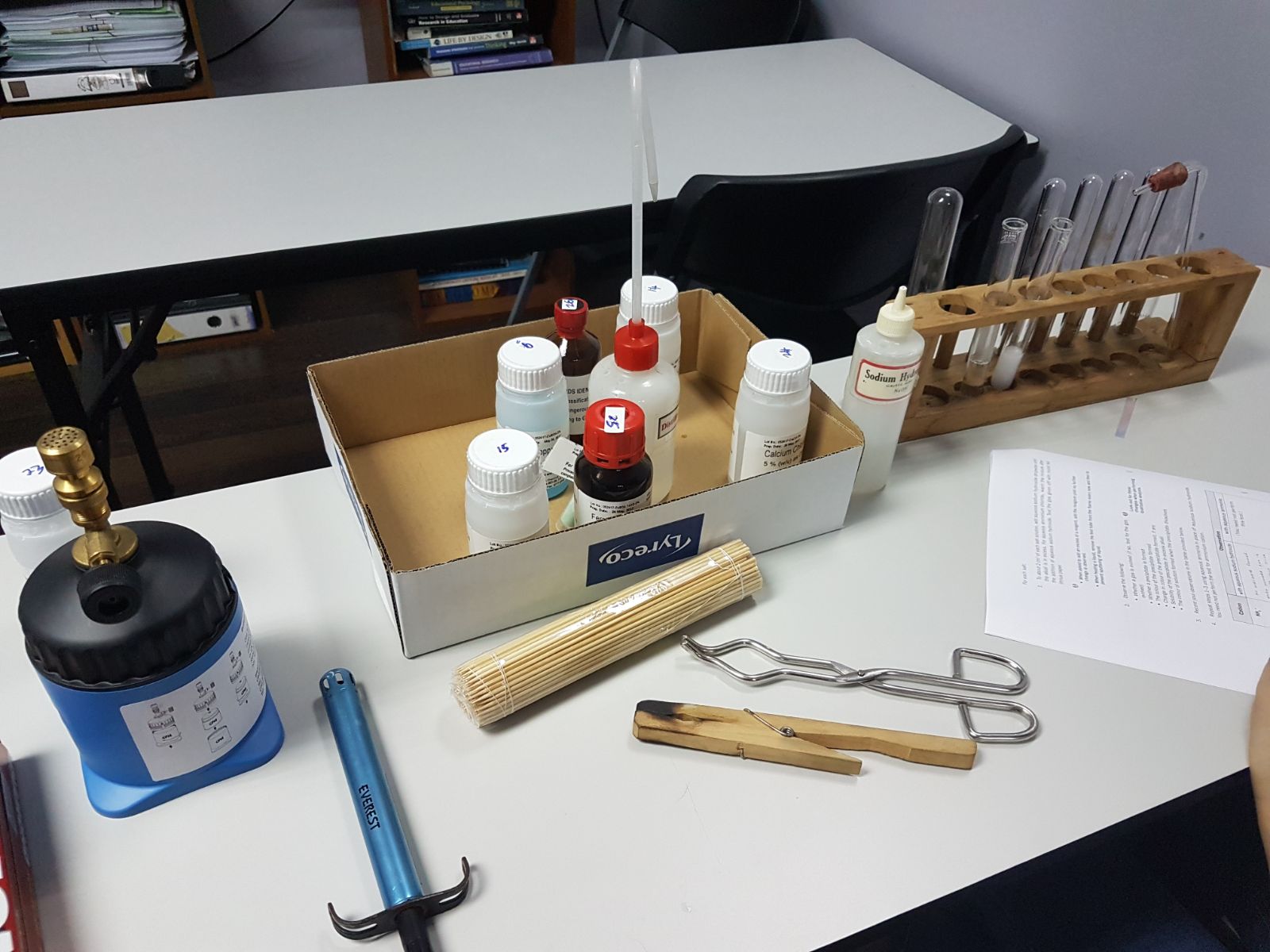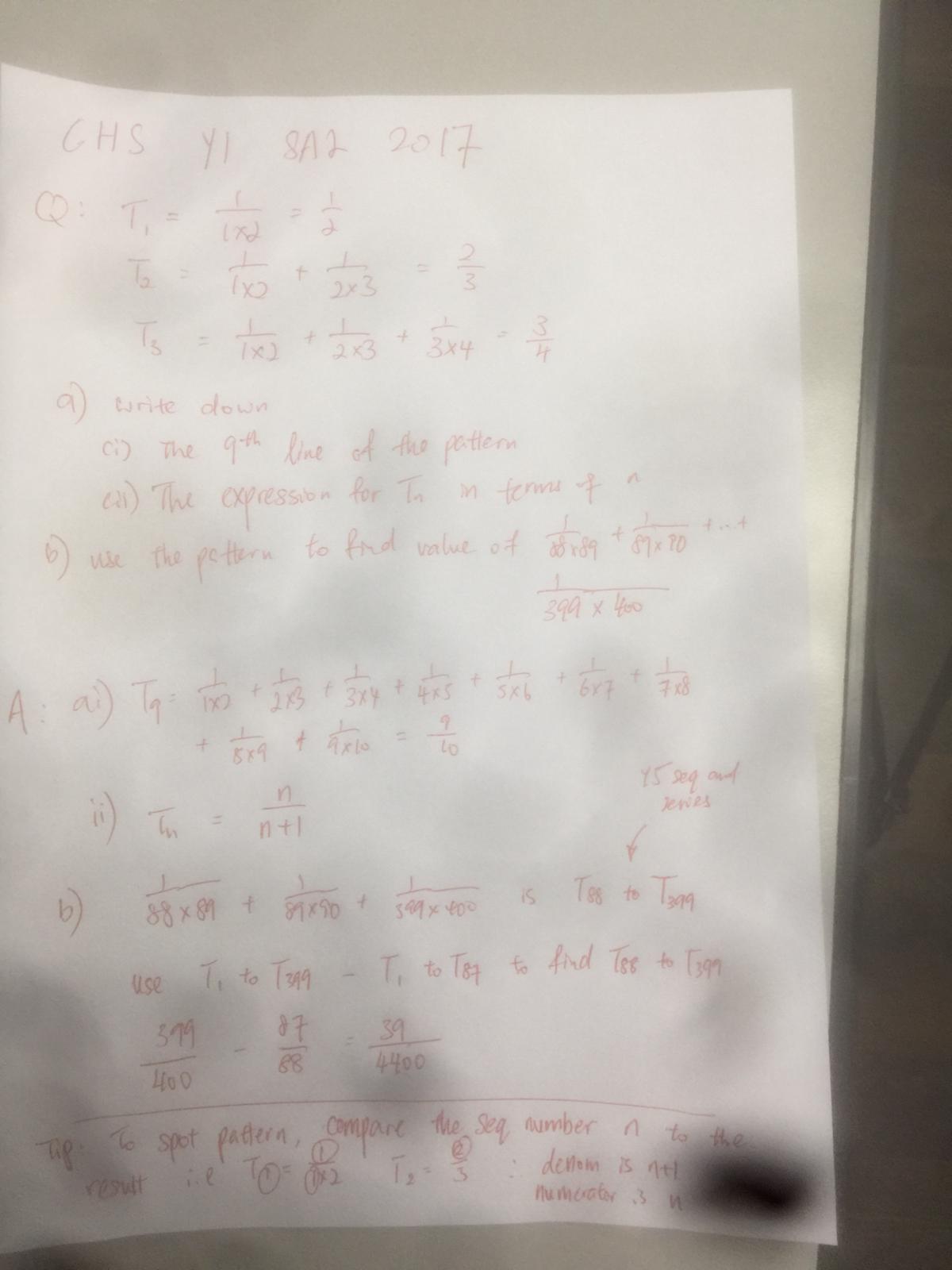The inner workings of English or language arts as they call it in certain IP schools are often shrouded in mystery to some parents. How does the syllabus work? What is the grading based upon? What are the recommended assessment books to purchase? Should our children be memorizing model essays and attempt to emulate them in exams? Should we attempt the O-level comprehension books? All these questions will be addressed in the FAQ below.
FAQ (MUST READ BEFORE CONTACTING TUTOR):
Q: With different IP schools sometimes having different syllabuses, how do you plan to address this issue?
A: We will take this question as an opportunity to clear the air. There will not be an official syllabus or fixed syllabus in IP English ever. As a parent, you must understand that the end goal for IP English is not the O-level English exam, it is the A-level general paper exam. As such, the IP English syllabus can be vastly different from the Express streams, with less of an emphasis on drilling and practice, but more of an emphasis on soft skills such as general knowledge, debate, and well as forming discussions around current affairs. The aim of the class is to instill within the student an inquisitiveness for current affairs, debate, as well as knowledge of the Singaporean and global society. This is done by having open discussions instead of the tutor simply lecturing, with specifically chosen readings to suit your child’s readiness and interest, curated homework assignments that are structured to both interest as well as to challenge them, and of course, by having an expert tutor with more than 20 years in the teaching service as a guide and mentor.
Be transparent on your child’s syllabus in school. Send his/her syllabus list to the tutor. Parents do not need to be involved when it comes to classroom management and topics covered in class. Frequent updates will be provided to you if need be.
Q: So what is your lesson plan if the syllabus is so open ended?
A: Our classes are designed with very small groups in mind to facilitate discussion and consultation. Furthermore, the tutor in charge will be bringing in case studies compiled on a monthly basis, on various current affairs and historical events. Mindmaps, summary notes in bullet points, and various other tools of presentation will be employed for your child’s learning. Students are highly encouraged to be participative in these discussions, and the tutor will also engage them on a regular basis. After which, there is a guided essay component based on the topic of discussion during the lesson.
Q: What happens when you have a diverse pool of students of different speeds?
A: The whole point of a discussion group is to allow students to leverage on the knowledge of their peers and gain new perspectives for the sake of forming new points for arguments in their essays, as essays always require having at least one contrasting point. A diverse group can be turned into a strength easily. For e.g, a weaker student will present a weak argument, the stronger student can then use that content to reinforce the argument in their essay, and the weaker student can benefit by learning from the stronger student how to construct a better argument.
Q: We live far from the centre and it would be too troublesome to come down. Is there an alternative?
A: I would suggest online classroom. We have students from RGS, DHS, Temasek and various schools which are located further from Bukit Batok Central, and they all do very well using online classroom. If you have doubts, for the first lesson, we will get you and your child to sit in physically, and address all your needs and concerns, show you how things are done in class, and go through the lesson plan, as well as establish a method of sharing information and communication. Students are required to submit their work to me via CamScanner and WhatApp for marking and grading of their working and answers. Subsequently, your child will be equipped to handle remote learning.
Q: We prefer online classes, can you walk us through what a typical online class will be like?
A: For online class, we use Zoom or Google Meet as a platform. A link to the online classroom will be sent to either you or your child’s Whatsapp account a few minutes before the start of the class. Materials used for the class will be sent to you in a PDF or word format by email at least a day before the class itself. Parents are welcome to come down physically and collect printed materials if they wish. Online class has the same class size limit as physical class, capped at 4-5pax. Once attendance is taken and the tutor is sure that all students are accounted for, the class begins just like any regular class. Lesson materials are projected onto the screen in the online classroom, and there is a whiteboard function which the tutors will use to write down their steps and to discuss more complex questions with diagrams. We use a stylus pad for online whiteboard so the handwriting will be neat and fast, just like in our physical lessons. For students who are more shy in nature, they may choose to private message the tutor to address their concerns during class. The experience will be the same as a physical class but in the comfort of your home.
Q: What is your policy on homework?
A: The tutor will issue assigned readings for your child to complete and give bullet points to summarize the readings, as well as any potential topics of discussion. Comprehension worksheets of a higher order of difficulty will also be issued periodically, it is important to alternate between their essays and comprehensions so they get a good spread of practice.
Q: We have had experiences where the tuition centre mixes IP students with other streams, are your classes PURE IP classes?
A: The O-level students are separate from the IP students. Makeup classes will also be PURE IP CLASSES. There will not be a situation of a bait and switch where it is a mixed class instead of a PURE IP class. The tutors advertised will be the tutors teaching the class, in the event the tutor is unavailable for class that day, makeup lessons will be arranged with the tutor instead of a substitute.
Q: Why charge a material fee for both online and physical classes?
A: The unique selling point of our classes is that the tutor has his own complete set of notes and work, which he updates very often to suit the current socioeconomic and well as political climate in the world and in Singapore. Such an intensive and constantly updated syllabus and notes puts tremendous strain on the tutor, and it would be fair for him to be paid for all the extra preparatory work that he is doing outside of class.
Q: What is your makeup policy?
A: Under official Singapore Learner policy, there is no makeup classes issued to students who are absent from class. However, the tutor may arrange at his discretion as long as enough prior notice is given.
Examples of mind maps, essay planning and recommended texts/compiled case studies from the tutor (S.W.O.T analysis for language arts, his personalized R.A.S and Prince James method:
Background of the tutor:
The tutor is an experienced teacher, an ex-HOD teaching in MOE for many years. He has a B.A (hons) in History from the National University of Singapore. As a former RI/RJC boy, he understands the academic rigor of the Integrated Programme schools, as well as how to engage these students in class to maximize their participation and potential. He is known to be a jovial teacher with his students, inspiring them to make tremendous progress in the English language and the humanities in their own time. A pioneer of his own R.A.S method and Prince James analysis, he offers a structured learning system for English and language arts, teaching students how to analyze and break down complex texts into simple points. An avid reader of current affairs and global news, he always brings something new to the table each class, and fresh content to keep the students engaged, and prepared for the exams to come.
Fee Structure(new and amended in AY 2022):
Y1-Y6 SUBJECTS: $360 PER MONTH (4 LESSONS)
(NEW AND AMMENDED)Trial Class:
Costs of a one-off trial class is $120. Trial class timings will be arranged based on my discretion and assessment of your child’s needs. Subsequently, should you decide to sign up, the remainder of the monthly fee will be charged, i.e. you sign up for Y3 in Jan, trial is $120, if after the trial you continue, pay the balance of $360-$120=$240.
MISC CHARGES: $30 ONE TIME OFF REGISTRATION FEE AND YEARLY MATERIAL FEE OF $80
STUDENTS WHO JOIN IN THE MIDDLE OF THE MONTH, FIRST MONTLHY FEE WILL BE PRO RATED BASED ON NUMBER OF LESSONS LEFT IN THE MONTH, FOR EXAMPLE IF YOU JOIN IN JUNE WITH 2 LESSONS LEFT FOR Y4 CLASS, YOUR MONTHLY FEE WILL BE 360/4 X 2 = 180, MISC FEES STILL APPLY
NOTE: MATERIAL FEE IS CHARGED FOR ONLINE CLASSES, MATERIALS WILL BE EMAILED TO YOU BY SCANNED PDF, PARENTS CAN ARRANGE TO SELF COLLECT THE PHYSICAL MATERIALS IF NEEDED
NOTE: ONLINE CLASSES ARE SAME PRICING AS PHYSICAL CLASSES, WE PROVIDE THE SAME QUALITY EDUCATION IN SMALL SIZED CLASSROOMS BE IT ONLINE OR PHYSICAL
IP English SCHEDULE (2024):
Y1 IP English: This will be a special program that is designed to assist the student in transitioning from a narrative based writing style to a more discursive or argumentative type of essay. Even high scorers in PSLE English often struggle with this transition. Students are encouraged to take a clinical interview with the tutor to find out more about their needs before being allocated a class.
Y1 IP English: Monday | 4.30pm-6.00pm| Code: Y1EL1
Y1 IP English: Thursday | 4.30pm-6.00pm| Code: Y1EL2
Y1 IP English: Saturday | 9.00am-10.30am| Code: Y1EL3
Y1 IP English: Sunday | 9.00pm-10.30pm| Code: Y1EL4
Y2 IP English: Monday | 6.00pm-7.30pm| Code: Y2EL1
Y2 IP English: Thursday | 6.00pm-7.30pm| Code: Y2EL2
Y2 IP English: Saturday | 9.00am-10.30am| Code: Y2EL3
Y2 IP English: Sunday | 9.00pm-10.30pm| Code: Y2EL4
Y3 IP English: Monday | 7.45pm-9.15pm| Code: Y3EL1
Y3 IP English: Saturday | 10.30am-12.15pm| Code: Y3EL2
Y3 IP English: Sunday | 10.30am-12.15pm| Code: Y3EL3
Y4 IP English: Thursday | 7.45pm-9.15pm| Code: Y4EL1
Y4 IP English: Saturday | 12.45pm-2.15pm| Code: Y4EL2
Y4 IP English: Sunday| 3.00pm-4.30pm| Code: Y4EL3
Registration:
Payment method:
Online payment is preferred, you can make payment Paynow/PayLah! to the Singapore Learner account. Paynow/Paylah! to 9786 0411, do take a screenshot of the payment and forward it to the tutor in charge
Singapore Learner @ Bukit Batok
Blk 644, Bukit Batok Central, #01-68. S(650644).
For signups:
Tel: +(65) 6569 4897 (office), 8776 2711 (admin number)
If you wish to visit us, kindly message to secure an appointment first as the tutors might be teaching a class. As a policy, I do not entertain calls for more than 1minute during class time so that the students get my full attention. Our teaching schedule is 3pm-9pm on weekdays and 9am-6pm on weekends. Do drop a message if you wish to enquire about classes during our teaching time, and I will get back to you as soon as I have a break in between class.
DSA students in Integrated Programme
Direct School Admission (DSA) students in Integrated Programme schools:
Parents of children who have been admitted into IP schools have expressed their concern to me on their anxieties, mainly whether their child will be able to cope with the rigorous educational standards of the top schools even though many of them do not meet the cutoff scores of their individual schools. I can assure you that with enough preparation, your child will be ready to meet the expectations of their IP schools and do better than their peers. I will cover this issue in the points below.
- Your child’s PSLE grade is low because of their success in the DSA interview.
Once a 12yo child is informed that he/she has been admitted into a top school before taking the PSLE, their typical response will be a sigh of relief and a more relaxed attitude towards one of the most stressful exams in Singapore. Most of my DSA students, and including my friends who have been successful in DSA applications into IP schools, have told me that the days leading up to PSLE have been stress-free, and they are able to focus more on their CCAs instead of just pure academics. This is shown in their lower PSLE scores as compared to their peers in their respective IP schools, who have been spending a lot of time hitting the ten year series as their spots in the IP schools are not secured. I assure you that if your child studied more during those days, he/she would see a significant jump in their PSLE scores as well. They are by no means lacking in terms of intelligence compared to their peers.
- There are quite a few skills or chapters covered in the PSLE that have insignificant impact on secondary school life
In the chapters of Science, only human/plant systems, forces, energy, man and his environment are tested in Secondary school. The bulk of what they learn in Primary 6, which is animal based such as environmental impact, web of life, adaptation, is completely untested at the Secondary level. For Math, the skills used in the last 20 marks of the exam, which essentially act as a gatekeeper to A* grade, are used to tackle open ended problem sums with abstract concepts. These skills may not be of great value in Secondary level Maths which focuses more on laws, procedure and presentation. In English, compositions test students on creative narrative writing, whereas Secondary level English tests them on argumentative essays, which place more importance on current affairs, and debating of key points rather than narrative and creative writing. In Secondary school, discipline and conscientiousness is more important, as compared to primary school which values open ended problem solving through problem sums and seemingly out of textbook structured question answers.
- The schools provide extra assistance to their DSA students
It should come as no surprise that the DSA students are valued members of the school as they are their representatives in CCAs. If students are taken out of class due to CCA commitments, there will be avenues for the teachers to cover those lost lessons with them again. CCAs are also expected to stand down during exam periods, especially during finals where the weightage of the exams are the highest.
That being said, DSA students should never rest on their laurels. IP is a competitive system that has sieved out most of the academically gifted children in Singapore. To do well in such an environment requires intense efforts from both parents as well as students to ensure that they do not stray from the path of academic excellence.
Differences between Integrated Programme Science VS Express Science
Integrated Programme Science Y1-Y2:
This is a table of comparison for Express and IP Science for Y1. Bolded are the topics unique to IP, which are from the sec3 to sec4 O-level text. Note that this list is not exhaustive, and for schools such as TJC, NJC where they focus on training all students for a triple science route, a more specific syllabus will be drafted for them, comprising almost only sec3 O-level topics in Y2.
Additionally, the depth of questioning is also higher, with a greater emphasis placed on evaluation and deep conceptual understanding instead of just content. Questions are often presented in a way that looks like it is out of syllabus, but all the tools to solve the question are already made available to the student in their lesson.
Example RVHS Y3 Chemistry:
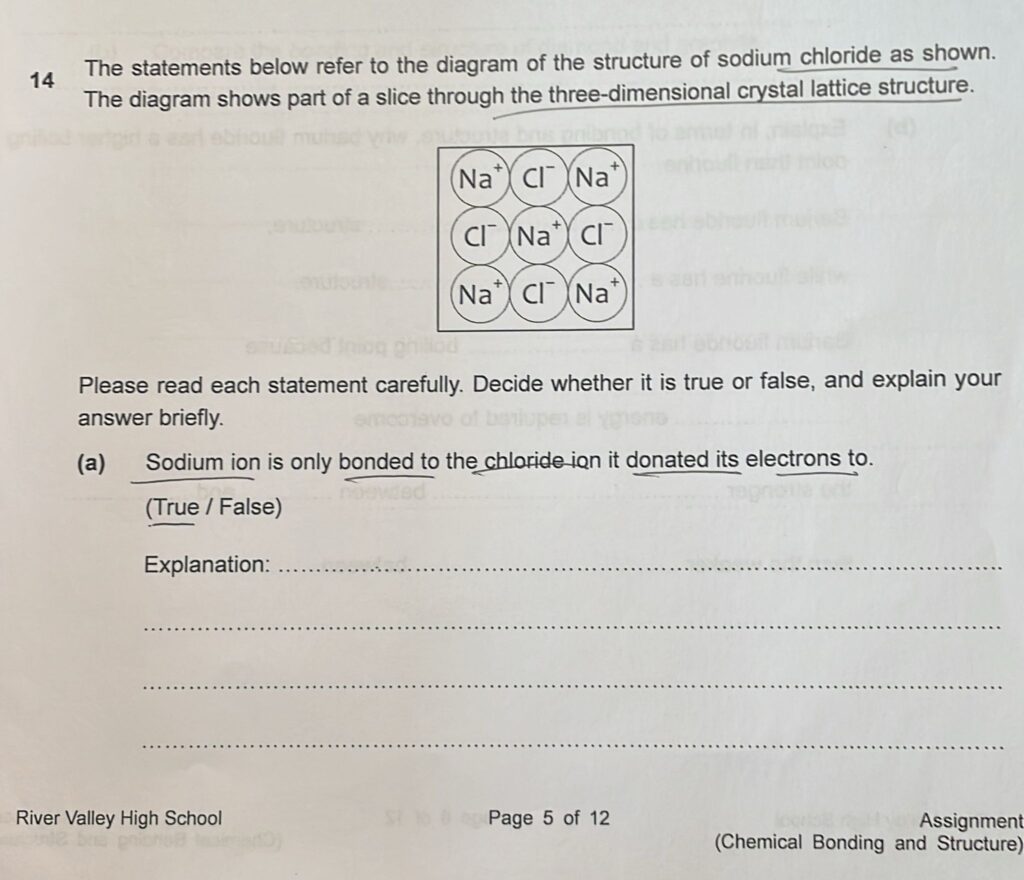
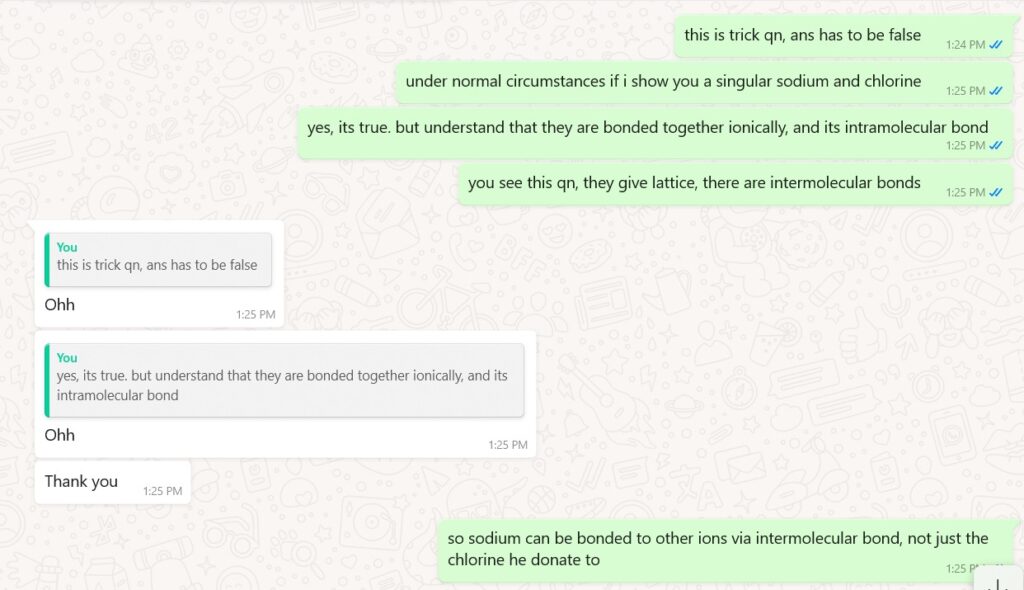
As NIE trained experts, we can also identify the source of such questions and provide follow-up explanations, examples, and predict future trends in exams. Source of this question is from:
https://edu.rsc.org/resources/chemical-misconceptions-ii-ionic-bonding/1095.article#:~:text=A%20positive%20ion%20will%20be,its%20outer%20shell%20to%20donate.
This is a table of comparison for Express and IP Science for Y2. Bolded are the topics unique to IP, which are from the sec3 to sec4 O-level text. Note that this list is not exhaustive.
How do we address this difference in our classes?
As you can see from the table, there is a very large chunk of material that is clearly different from the Express stream, which is tested in the IP syllabus. This material comes from the Sec3 and Sec4 Express material. In order to bridge this gap, students are expected to master Sec3 and Sec4 concepts when they are in Y1 and Y2 in order to keep up. The questions are sourced from the O-level combined Science or pure Science syllabus. Students are also expected to be reading ahead of class using the O-level pure science textbooks, and in class, using either past year IP questions, or O-level ten year series questions to supplement their knowledge. Students will also be lectured in class about advanced concepts in Physics, Chemistry, and Biology in order to better prepare them for their IP exams. Notes and other material issued will also contain heavy parts from the actual O-level syllabus.
Example:
RI Y2 Science (Physics)
A very non standard version of Secondary Two Physics that IP schools can test. Note the emphasis on algebraic manipulation instead of just physics concepts, these are one of the many other higher order thinking or interdisciplinary skills that are assessed for IP
Q: My child is taking double/triple sciences and double math, but has no time to attend all sessions despite needing assistance in all of them. What can I do?
A: Our IP Math classes at the upper secondary level are designed as a hybrid A/E math class, and some of our IP Science classes are designed to be a hybrid Physics/Chem, Chem/Bio, Triple Science class. This is to cater to students who need to receive instructions and assistance in all 3 sciences and both maths but do not have the time and resources to attend so many lessons. Through careful curriculum planning and design by our team of curriculum experts (Master of Education, Curriculum and Teaching, NIE), the lessons are designed to teach the full suite of skills for Maths and Science in a short time frame without being shortchanged, with the addition of around the clock assistance via WA with the tutor for all sciences and maths. Classes run throughout the holidays, and current students have priority placing in booking additional classes during the holidays in order to cover more content.
IP TUITION SCHEDULE (2024):
IP Y1 Sci: Mon and Fri 745om-915pm, Sun 230-4pm
IP Y2 Sci: Mon and Fri 745pm-915pm, Sat 1045am-1215pm, Sun 415-545pm
IP Y3 Sci: (Phy/Chem): Fri 615-745pm, Sat 415-545pm, Sun 1045am-1215pm
IP Y4 Chem: Sun 9am-1030am
IP Y4 Physics: Mon and Fri 745pm-915pm, Sun 230-4pm
IP Y4 (Phy/Chem): Mon and Fri 745pm-915pm, Sun 230-4pm
To sign up, whatsapp 88765498 (Admin).
Y1-Y6 SUBJECTS: $360 PER MONTH (4 LESSONS)
(NEW AND AMMENDED)Trial Class:
Costs of a one-off trial class for Y1-Y6 is $120. Trial class timings will be arranged based on my discretion and assessment of your child’s needs. Subsequently, should you decide to sign up, the remainder of the monthly fee will be charged, i.e. you sign up for Y3 in Jan, trial is $120, if after the trial you continue, pay the balance of $360-$120=$240.
A trial class serves as a diagnostics for your child, by looking into his/her previous schoolwork, exam papers, as well as watching how they respond to the lecture and tutorial content. From there, as a parent, you can decide whether the class is suitable for your child. A lot of preparation work is done before a trial, so do make payment ASAP to confirm your attendance.
MISC CHARGES: $30 ONE TIME OFF REGISTRATION FEE AND YEARLY MATERIAL FEE OF $80
STUDENTS WHO JOIN IN THE MIDDLE OF THE MONTH, FIRST MONTLHY FEE WILL BE PRO RATED BASED ON NUMBER OF LESSONS LEFT IN THE MONTH, FOR EXAMPLE IF YOU JOIN IN JUNE WITH 2 LESSONS LEFT FOR Y4 CLASS, YOUR MONTHLY FEE WILL BE 360/4 X 2 = 180, MISC FEES STILL APPLY
NOTE: MATERIAL FEE IS CHARGED FOR ONLINE CLASSES, MATERIALS WILL BE EMAILED TO YOU BY SCANNED PDF, PARENTS CAN ARRANGE TO SELF COLLECT THE PHYSICAL MATERIALS IF NEEDED
NOTE: ONLINE CLASSES ARE SAME PRICING AS PHYSICAL CLASSES, WE PROVIDE THE SAME QUALITY EDUCATION IN SMALL SIZED CLASSROOMS BE IT ONLINE OR PHYSICAL
For more information, visit us at our main IP page:
MAIN IP PAGE
IP PHYSICS PRACTICAL
IP CHEMISTRY PRACTICAL
IP BIOLOGY PRACTICAL
Tough IP Maths Question: Binomial theorem using factorial and simultaneous
Question is from our Y4 Tutorial for binomial theorem. As you can see, this question is a great test on comparing the first three terms of binomial, as it contains concepts on factorials, power, simultaneous equation, and factorization. Take some time to read through the solutions.
I hope this has been helpful to your revision, and good luck for your exams
If you are interested in IP Maths tuition, contact me at 88765498. Stay tuned for more updates on tough IP style Maths questions.
Tough IP Maths Question: Simultaneous Equations with “Hence” Keyword
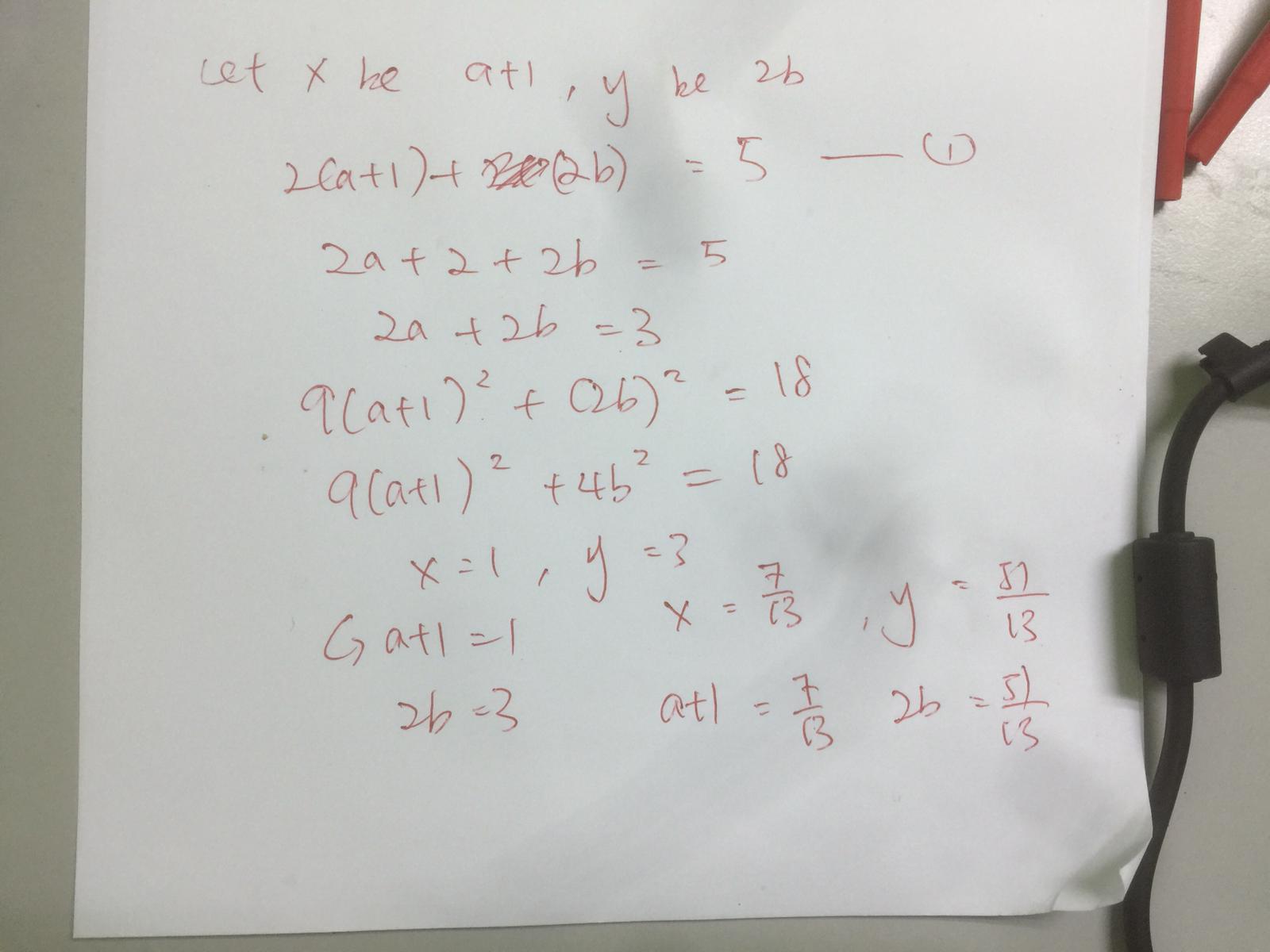 Source: NJC 2015 Junior High 3 MA301 YEA Q4, sent by one of my Y3 students
Source: NJC 2015 Junior High 3 MA301 YEA Q4, sent by one of my Y3 students
A good example of a simultaneous equation question that teaches important skills which are used in Y5/Y6 or Senior High.
In part ii, the keyword hence is used. Most students stumble at this question as they try to solve part ii by redo-ing the simultaneous equation. Part i is generally solvable by most IP students.
The trick here is to use the solutions for x and y that you have given in part i. Looking at part ii, 9(a+1)^2 + 4b^2 = 18 looks almost exactly like the equation given in part i. You can safely conclude that you should substitute x=a+1 and y=2b as they expand with square to give you the same equation you have in part ii. Sub x=a+1 and y=2b into the other equation in part ii, and do some simple expansion to manipulate it to look like 2x + y = 5. Afterwords, sub x=a+1 and y=2b into the solutions of part i, and you have your answer.
I hope this has been helpful to your revision, and good luck for your exams
If you are interested in IP Maths tuition, contact me at 88765498. Stay tuned for more updates on tough IP style Maths questions.
MAY School Holiday Circuit Breaker O Level LIVE ONLINE CLASS
Revision Workshops for E Math, A Math and Chemistry will be conducted by our Principal Tutor this May during the school holidays.
Use that time to revise and strengthen your understanding.
These focused topical revision will help you prepare for the O Levels.
Call 65694897 or message 88765498 http://wa.link/w0xxk2 to book a slot.
O-LEVEL PRIVATE CANDIDATES
RETAKING YOUR O-LEVELS? JOIN US.
We provide A-Level / H2 and O-Level Physics, Chemistry, Biology and Science (Physics/Chemistry/Biology) Practical Training for private / school candidates and homeschoolers, for both local (eg. H2, Singapore-Cambridge) and international exams (CIE, IGCSE).
Note: Our practical fees are lowest for practicals done in the Jan-Mar period. So sign up now!
You may need science practical lessons if you are a private candidate who needs a science lab and apparatus as well as practical coaching, or you are a school candidate who needs more practical training to get top grades.
School candidates (in govt sec schools, IP schools and JCs) who need more FULL PRACTICAL PRACTICE are also welcome, as you seldom get to complete a full practical in school (1.5 hrs for Combined Science practical exam, 1hr 50 min for Pure Science practicals, and 2hr 30 min for H2 practicals), mainly due to lack of curriculum time.
If you are a private school or tutor who needs a science lab or practical training for your students, you are also advised to contact us early to work out the details such as course curriculum, lab worksheets, scheduling and fee matters.
For details on Practical Courses, Mock Exams or Schedules, kindly click on any of the following links relevant to the exam and level you will be doing:
IMPORTANT INFORMATION FOR PRIVATE CANDIDATES
The registration for ‘A’ and ‘O’ Level exams as a private candidate usually opens around mid-April (Please check SEAB website) and closes before mid-May. If you are registering for a Science subject (Physics, Chemistry, Biology or Combined Sciences), at the time of registration, you will be asked whether you have done any science practical training in any school, centre, or institute. Thus you must begin your science practical training before April. Science practical training in Singapore Learner qualifies as practical training for the purpose of registration for Science subjects for the ‘A’ and ‘O’ level exams.
Thus if you are considering Singapore Learner as your science practical training provider, you must register with us and complete at least 4 basic practical sessions for each subject by 31st April for us to certify that you have attended science practical training. As students usually do about 10 practical sessions per subject to be competent in practicals, the rest of the lab sessions can be done from May to early October, including the prelim/mock practical exams.
To proceed, please click on one of the following:
A-LEVEL H2 PRACTICALS
CIE A-LEVEL PRACTICALS
O-LEVEL PRACTICALS
SEC 3 PRACTICALS
IP PRACTICALS
Singapore Learner @ Bukit Batok
Blk 644, Bukit Batok Central, #01-68. S(650644).
Tel: +(65) 6569 4897, +(65) 88765498 (WHATAPPS) http://wa.link/w0xxk2
Email: singaporelearner@gmail.com
If you wish to visit us, kindly call or sms first. Thank you.
Tough IP Maths question: Number Patterns
This question is from a Y1 Promo paper. The concept behind recognizing this type of number pattern is derived from A-level/Y5 topic known as summation or sequences and series.
Below are the question, the tips, and our answers.
If you are interested in IP Maths tuition, contact admin at 88765498 (whatapps). Stay tuned for more updates on tough IP style Maths questions.
First time having a child going to an Integrated Programme school
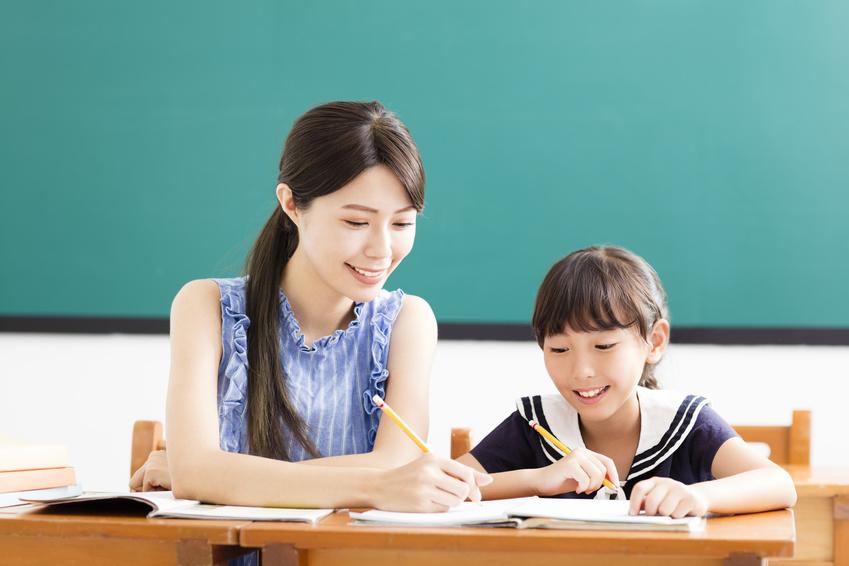
This guide is released to assist parents who have no prior experience in Integrated Programme matters, but have a child enrolling into an Integrated Programme stream.
- The difficulty of the syllabus is enhanced. Using the traditional O-level textbooks or workbooks may not be sufficient to help your child in tackling the IP syllabus. The formula sheets, or timing of the papers may not be the same as the O-level. It is not uncommon for IP schools at the secondary level to teach beyond the regular syllabus, by including either JC topics/concepts or questions that may be very fringe/out of syllabus. If you are looking for good books to use, I suggest using those O-level textbooks with express/special stream in their titles. Those books are usually better for IP students as they involve deeper concepts and tougher questions. IP exam papers are very difficult to find online or in most bookstores, and there is no standardized textbook for reference due to the fast changing nature of IP syllabus.
Examples of tough IP questions which use concepts that are beyond their own level:
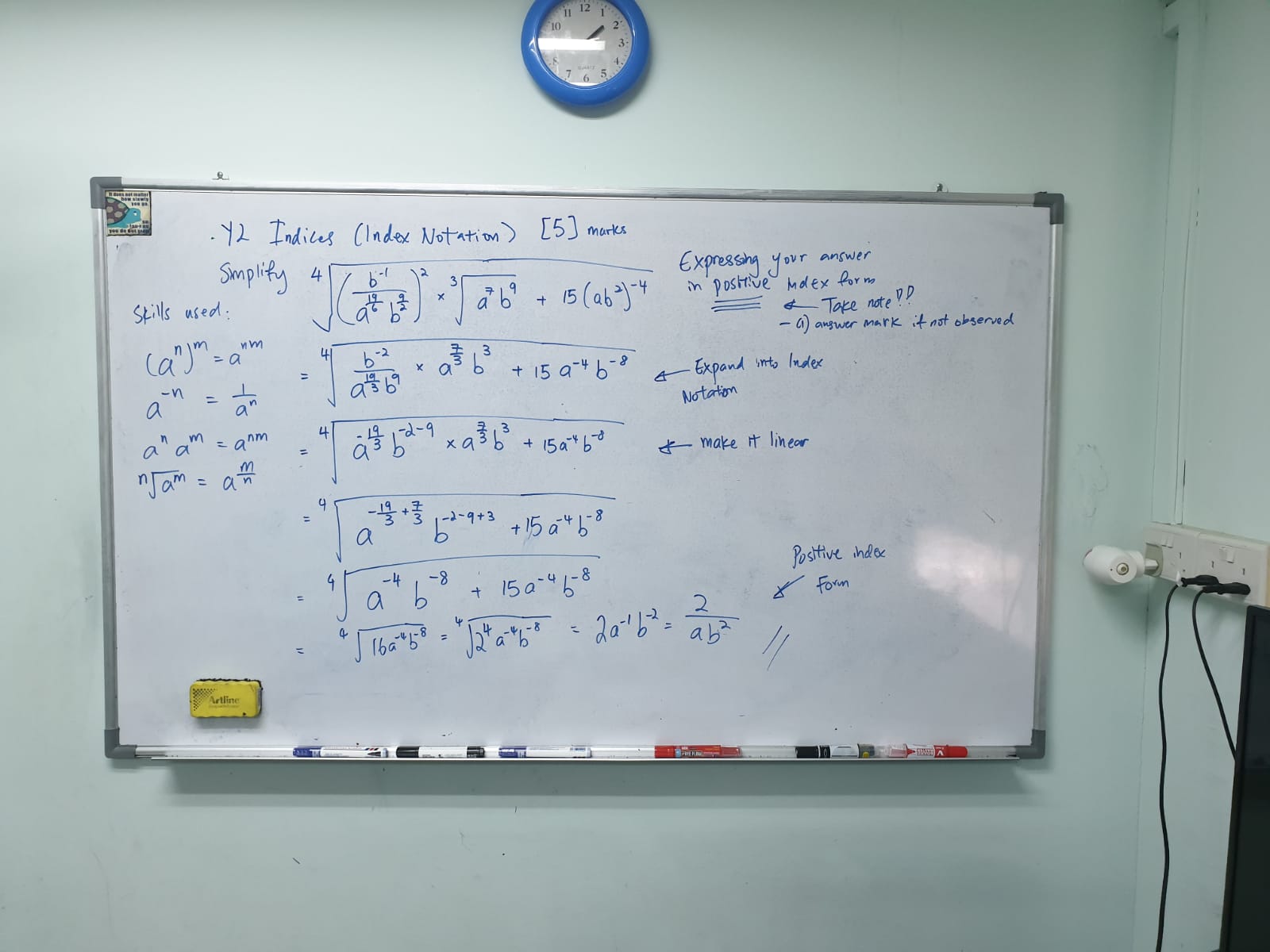
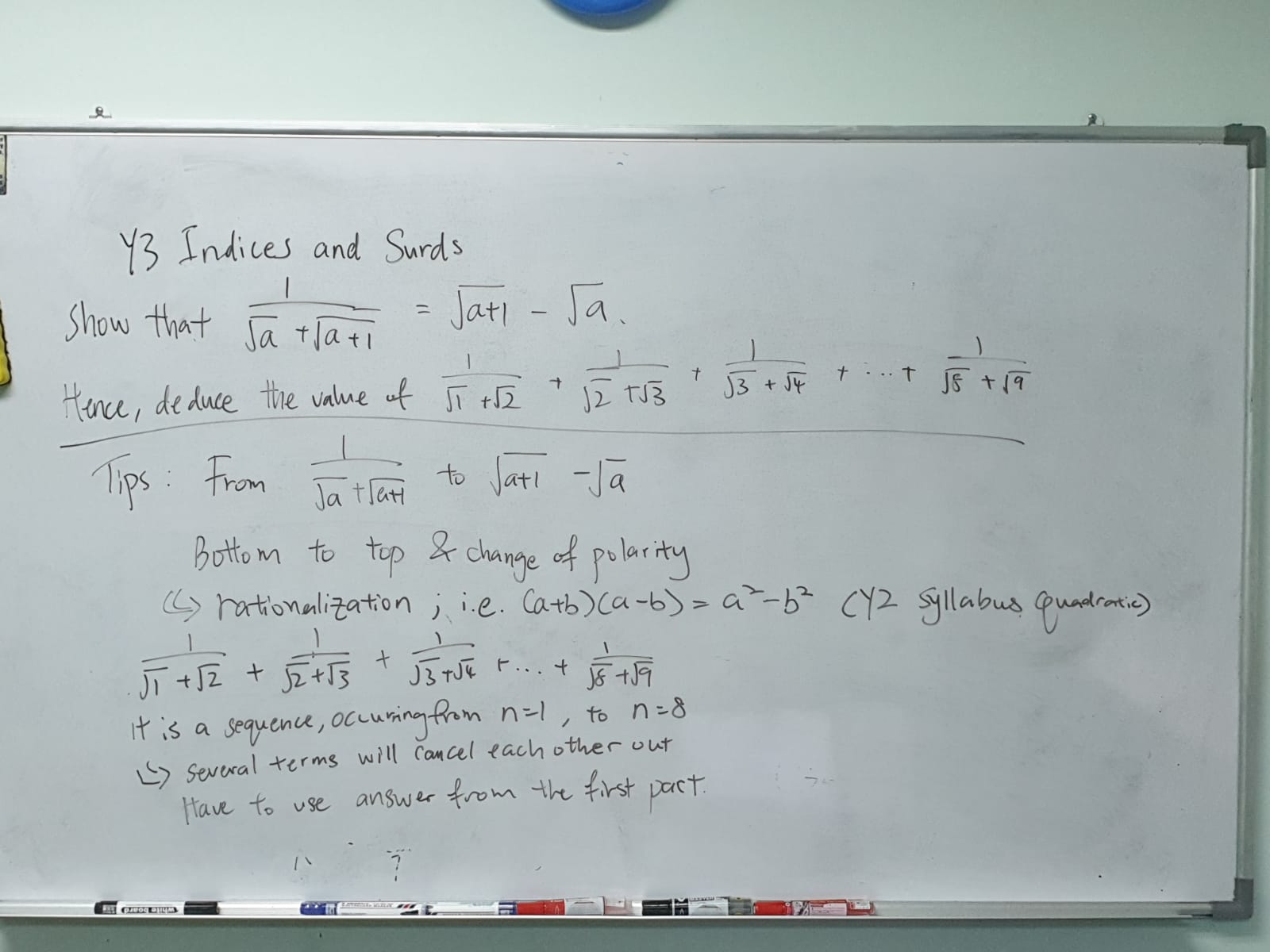
- CCA is demanding. Your child will need to balance between studying hard and training for CCA rigorously. During competition periods, your child might miss some lessons and that will affect their grades. A consistent effort throughout the term is necessary for them not to fall behind, together with eating and sleeping well. Some schools even require students to take up more than one CCA in order to demonstrate their potential for leadership. Ultimately, this assists them in making their report book presentable for scholarships.
- IP schools have graded project work. This is to prepare them for Y5 and Y6 as they would be required to take H1 project work. If your child is quiet, they have to learn to speak up, in order to score for presentation. A lot of time has to be dedicated to research, as well as preparing for presentation and a written report. Ultimately, this helps them in their H1 project work as they have 4 years of project work experience prior to JC. The research skills gained from project work will help them eventually in university as well.
- The workload for homework is heavy. On top of CCA, and project work, there is still a lot of homework to clear. Besides the traditional worksheets issued for homework, there are still homework like lab reports, book reports or essays. These are all part of their continual assessment, and doing well in these modes of assessment requires your child to be very competent in the basics of all their subjects(e.g. Science lab reports can involve deep Mathematics concepts) Questions can seem very open ended as they are testing your child for their critical thinking skills.
This post is compiled by the IP tutoring team at Singapore Learner, based on our personal experience studying in an IP school or teaching in an IP school.
Our IP tuition schedule and other IP tips can be found here
For enquires on IP tuition, please call our office number at call 65694897.
To consult about IP matters, you can reach Admin Staff at 88765498 (Whatapps)
Location: Blk 644, Bukit Batok Central, #01-68. S(650644).
Tough IP Maths question: Indices and Index Notation
This question is from a Y2 promo paper. This is an example of how Y2 can test on indices which is traditionally a Y3 topic, by using index notation.
Below are the question, the tips, and our answers.
If you are interested in IP Maths tuition,you may contact Admin Staff at 88765498. Stay tuned for more updates on tough IP style Maths questions.
